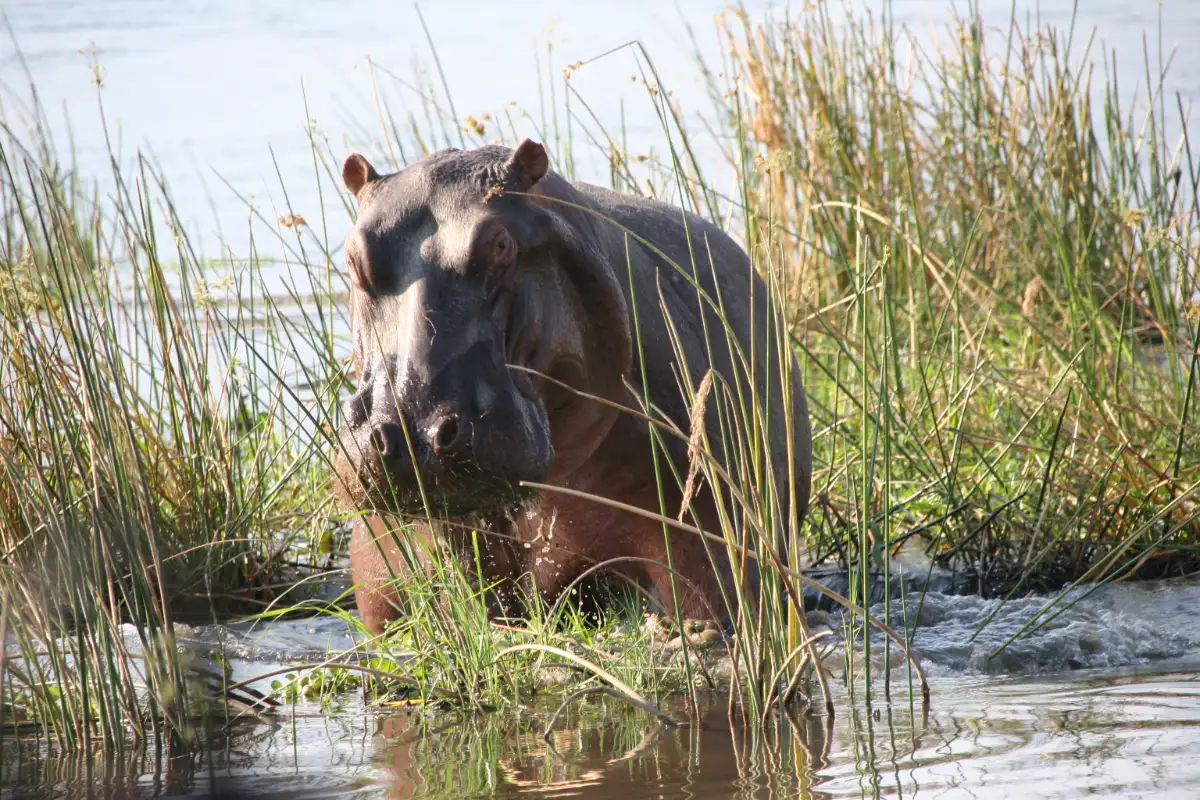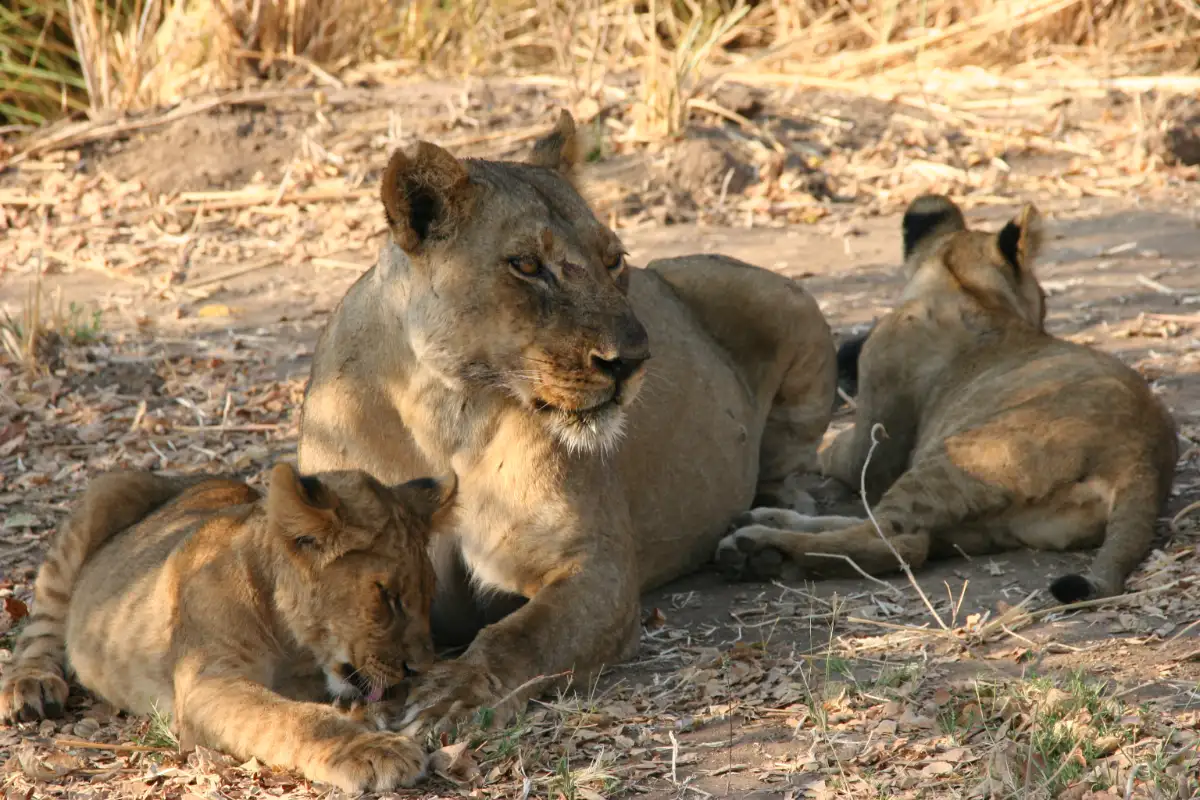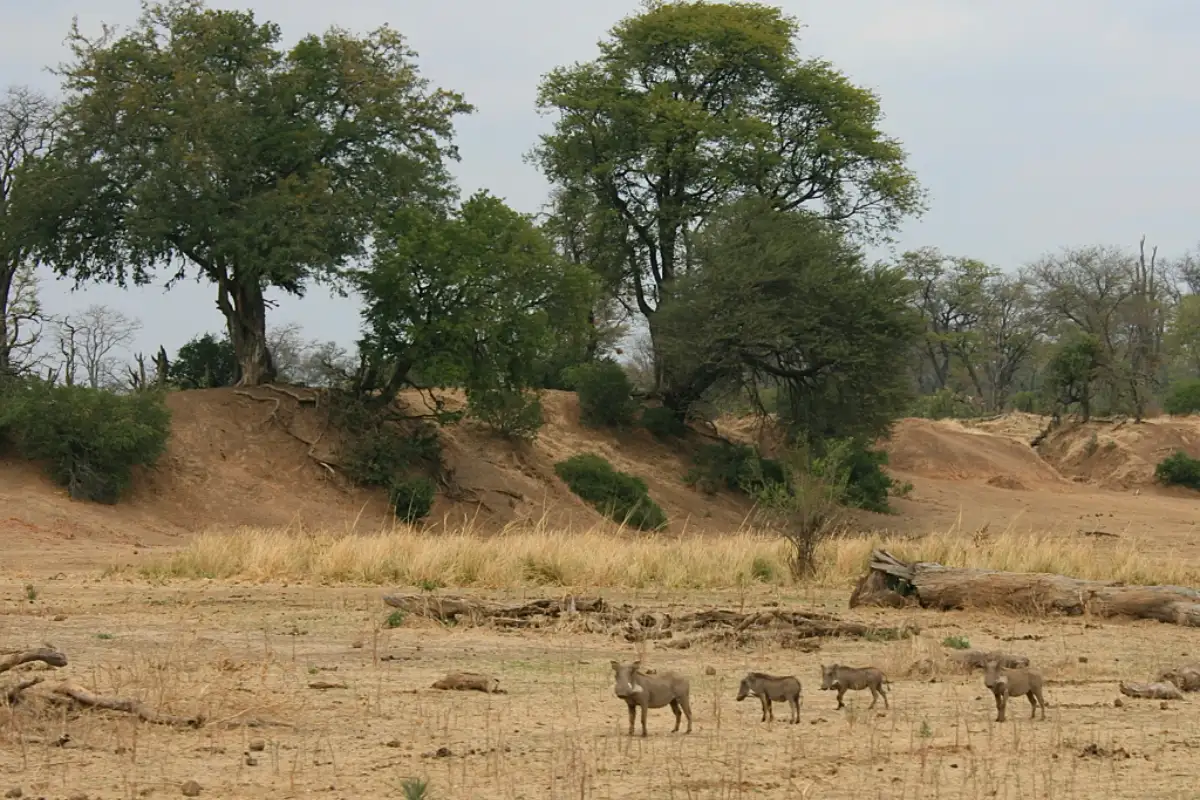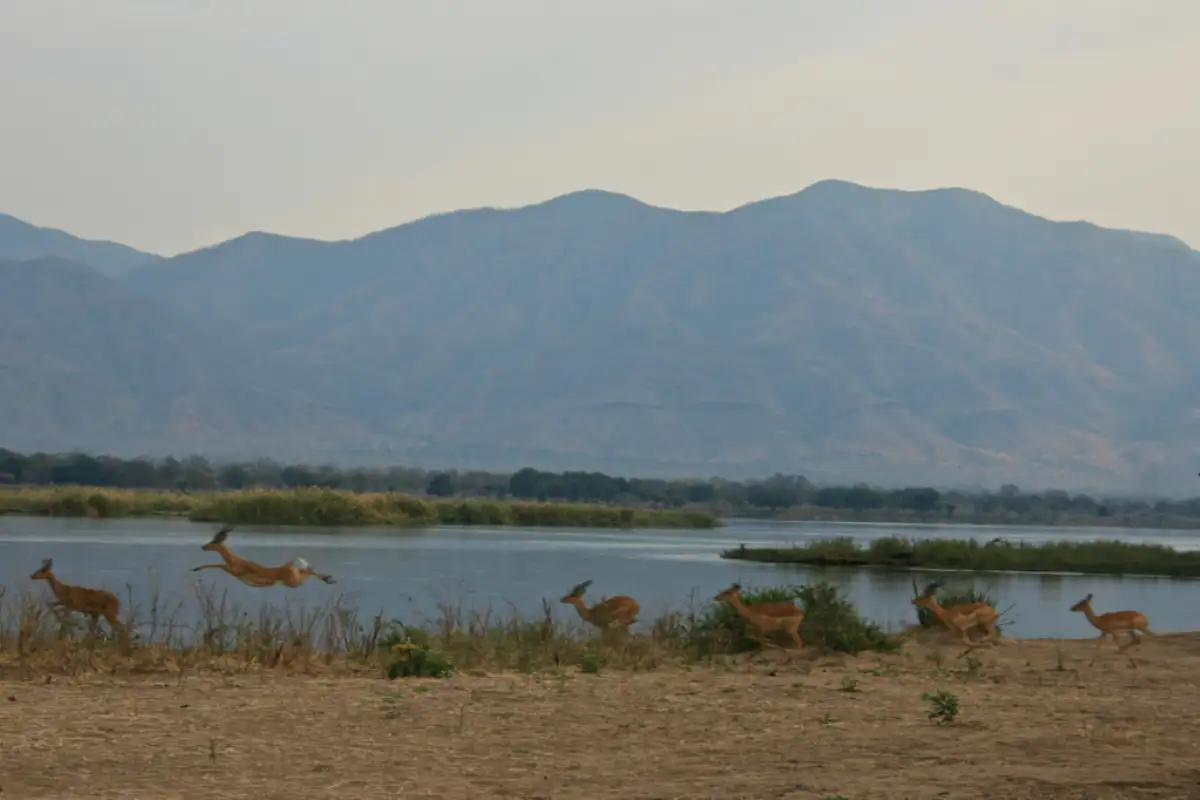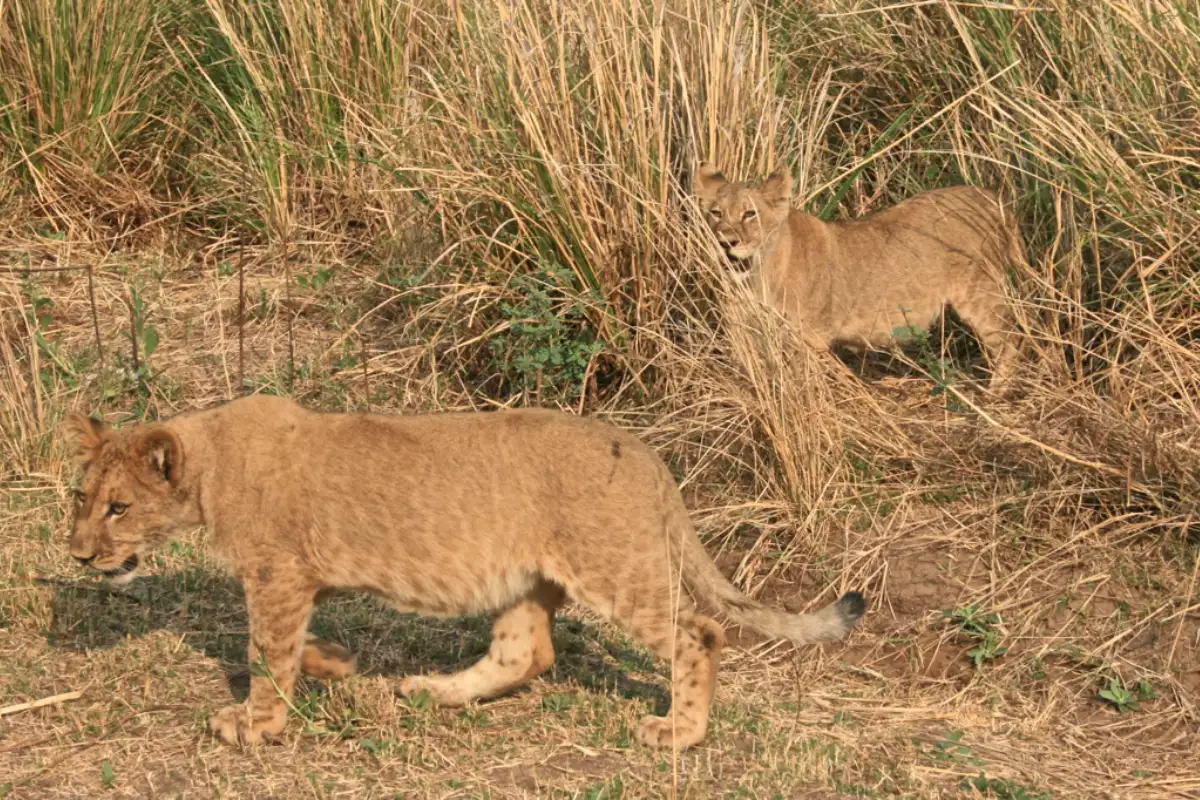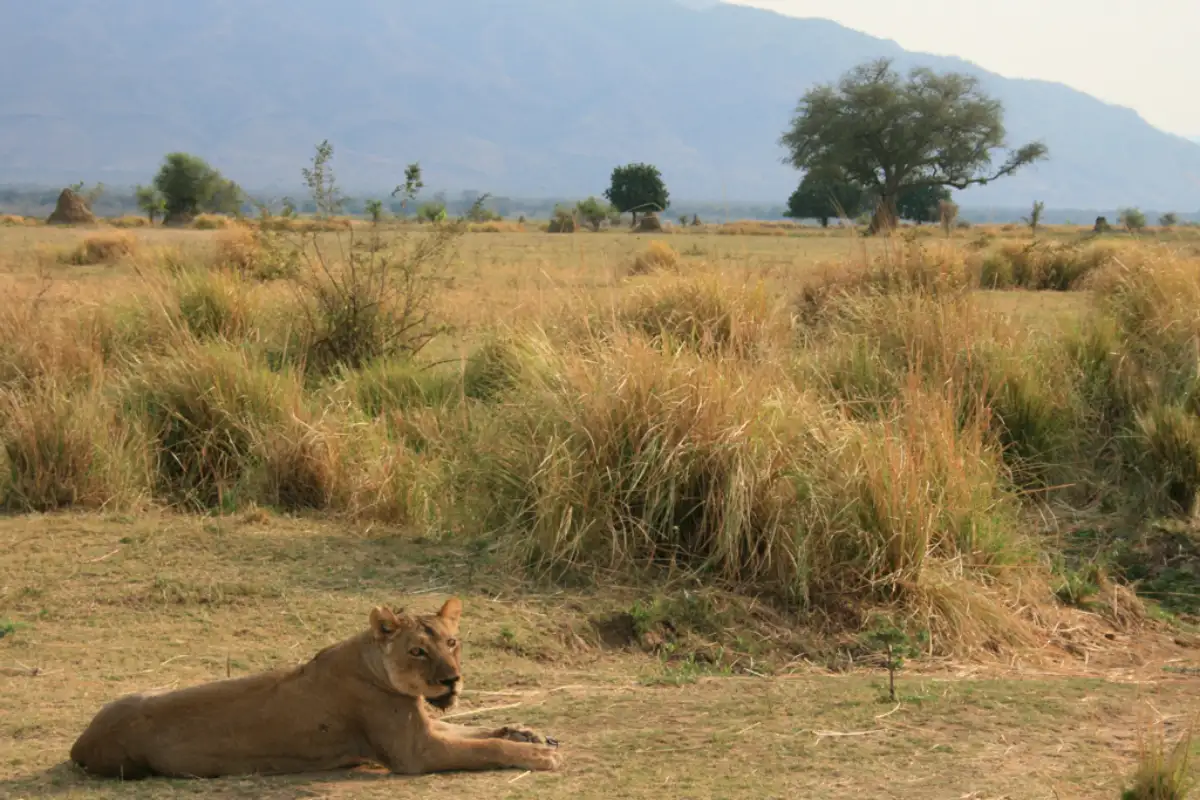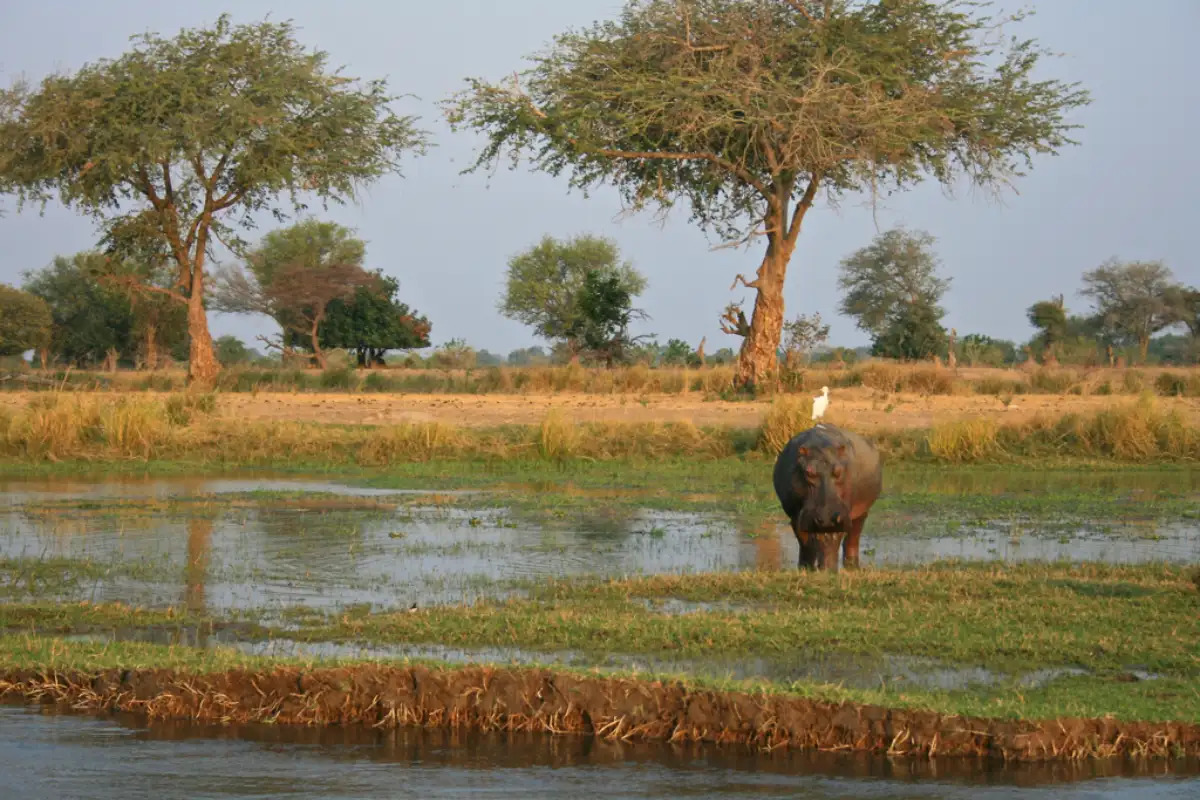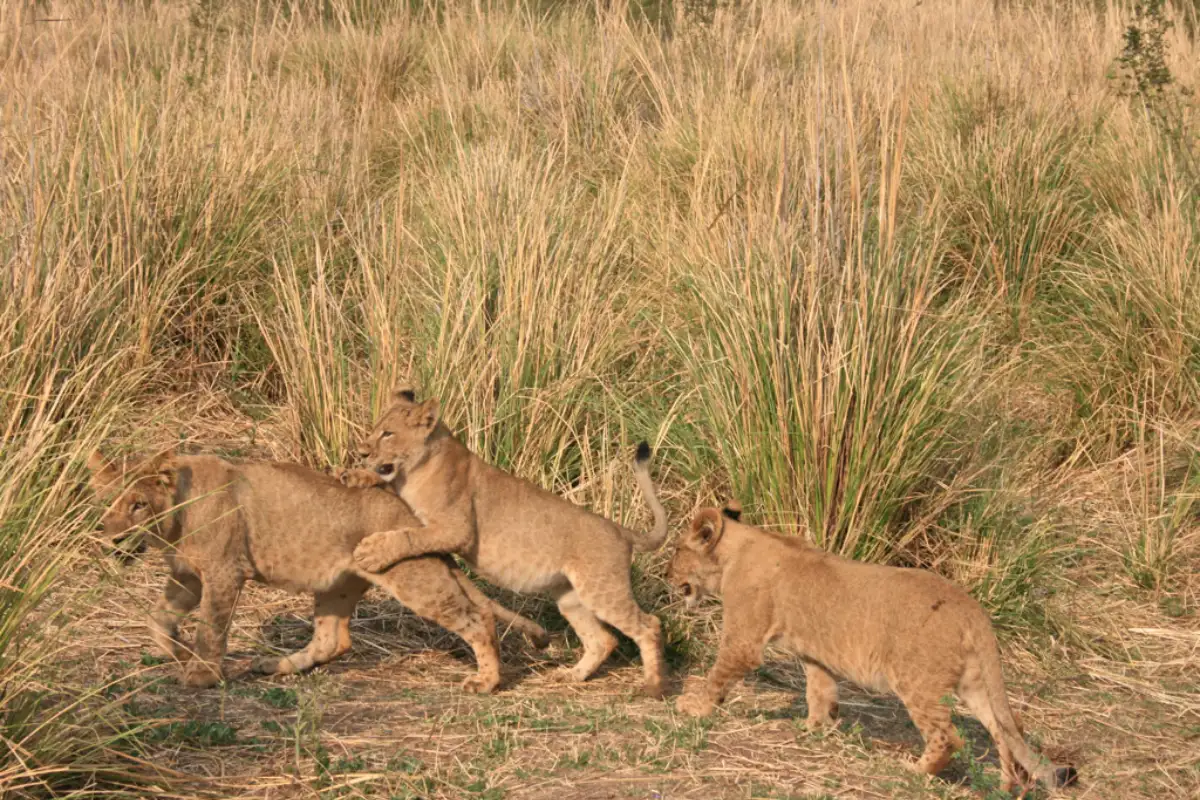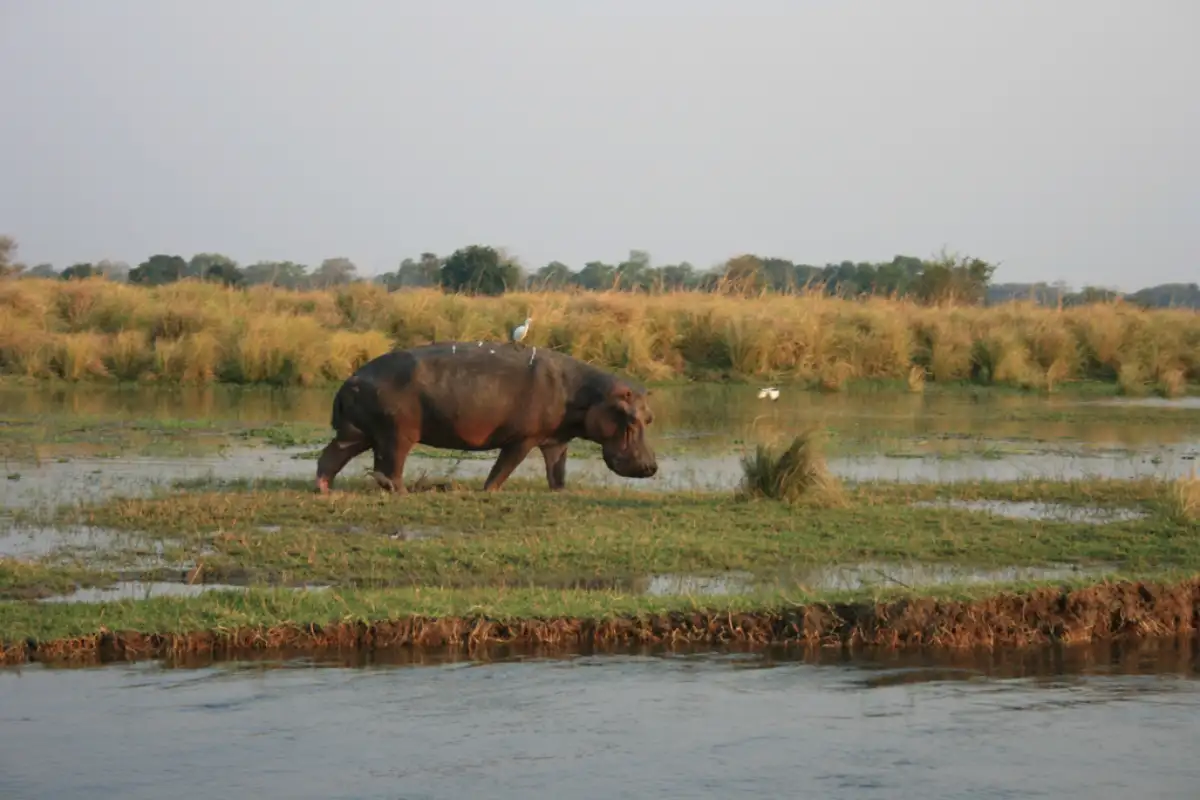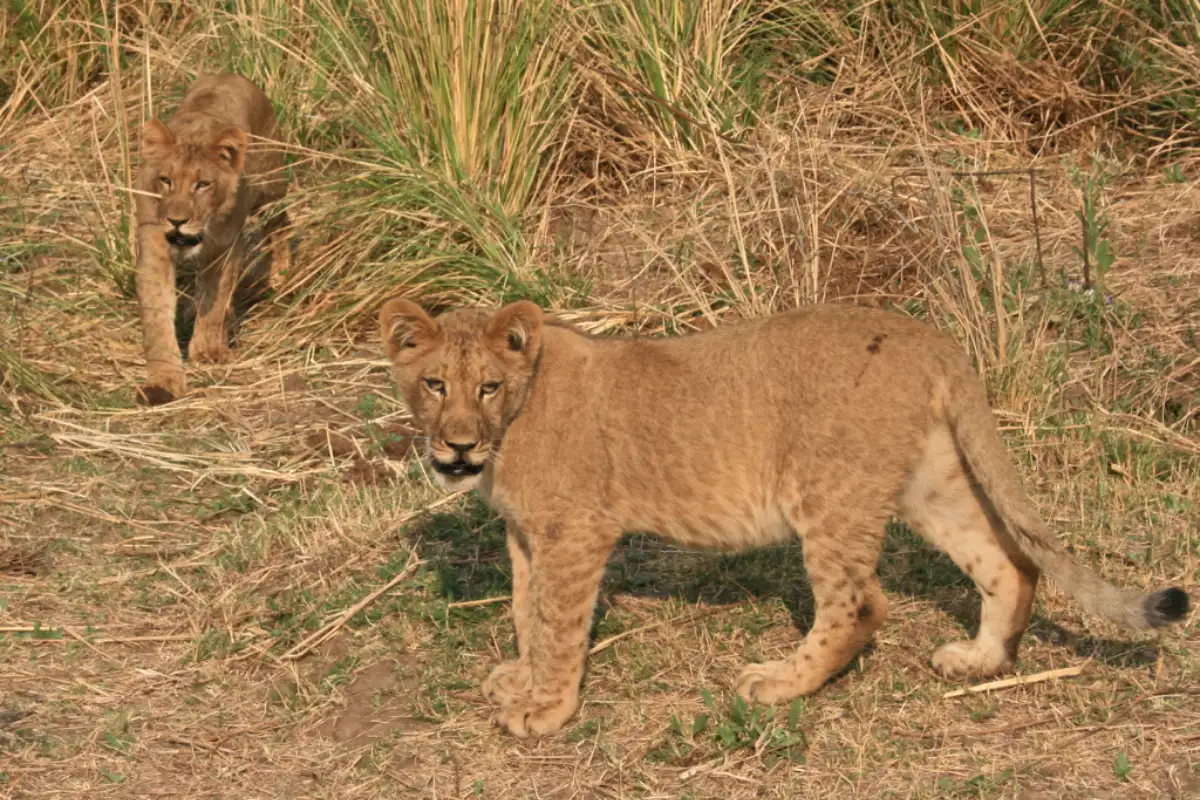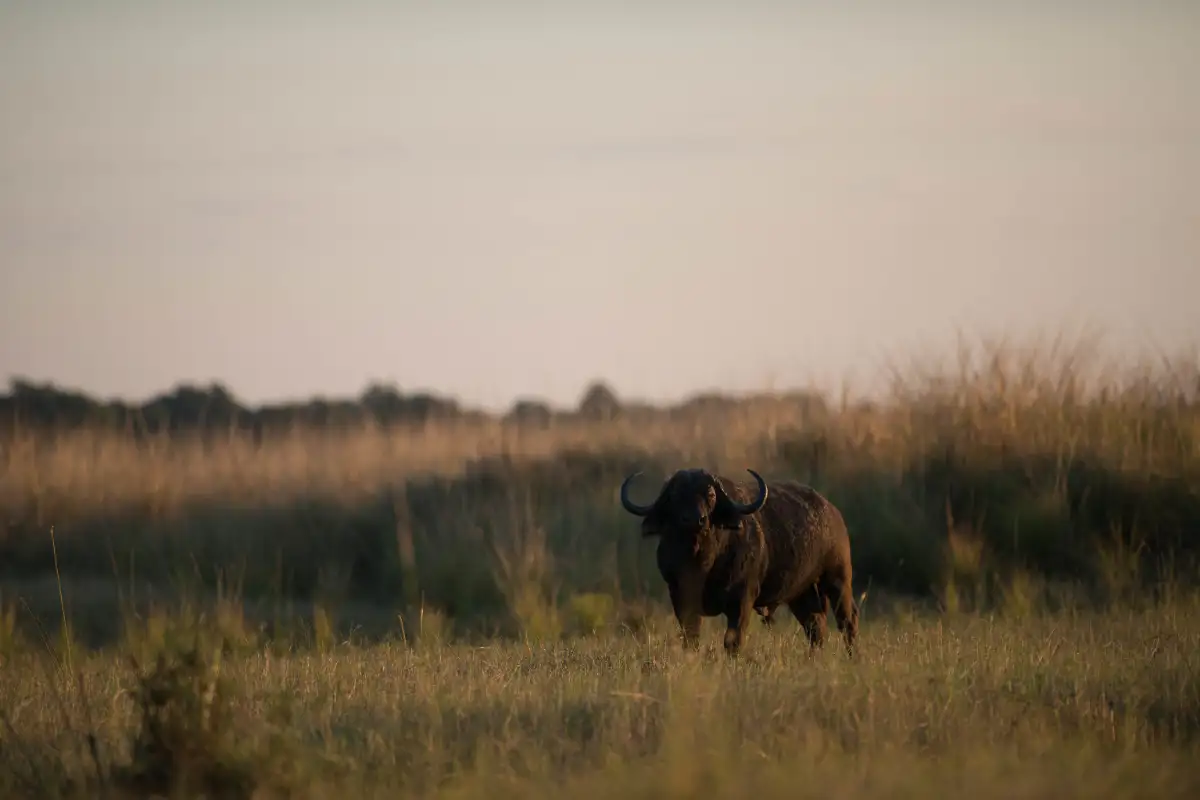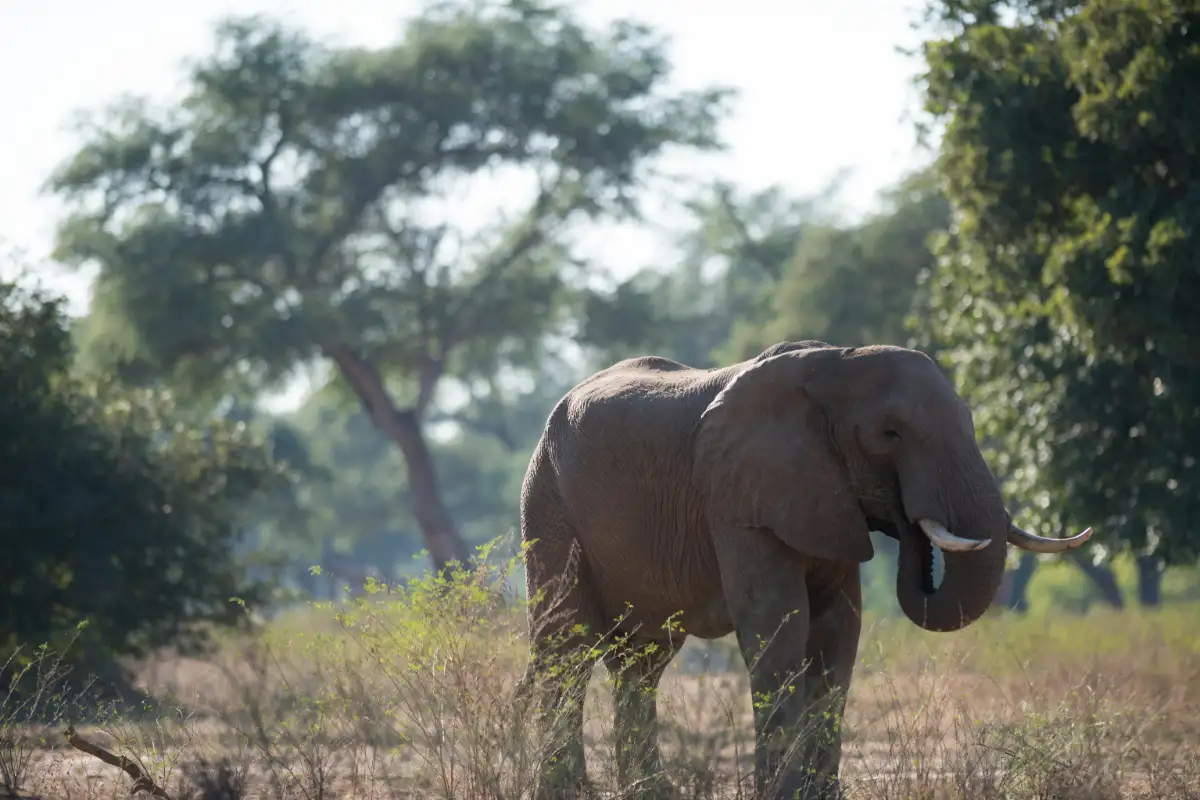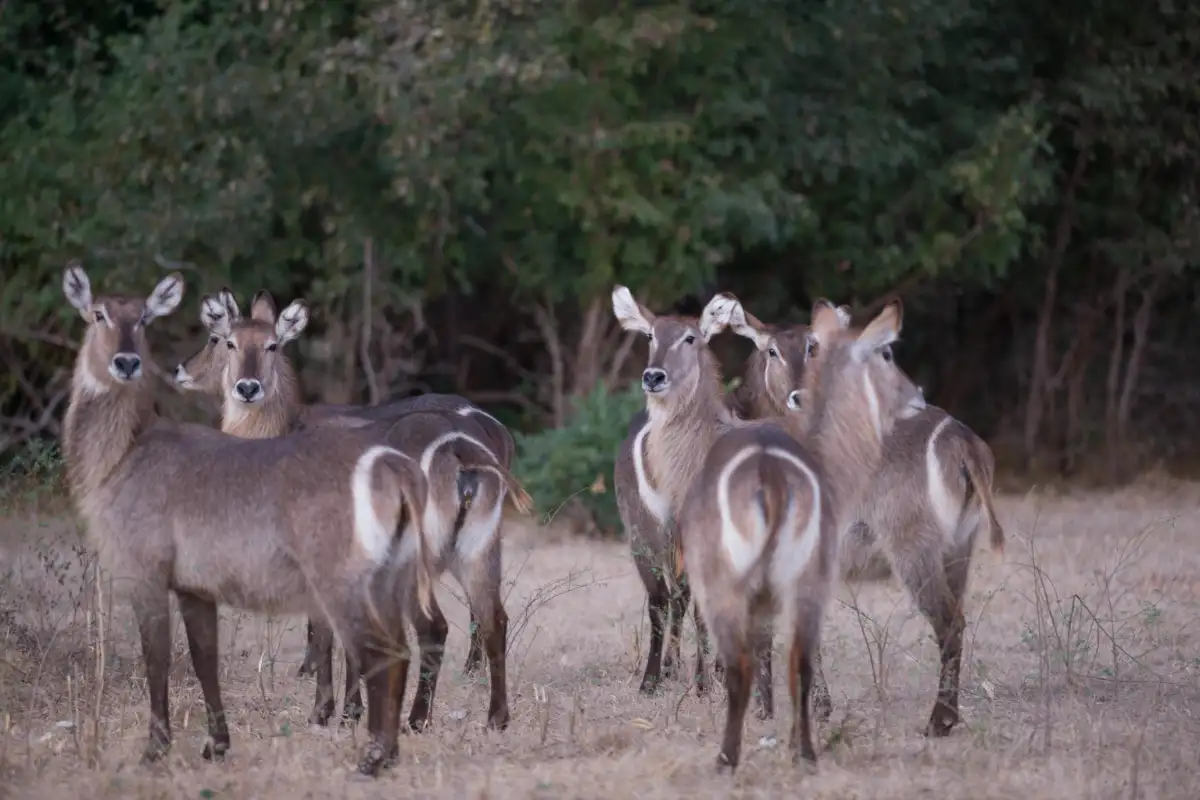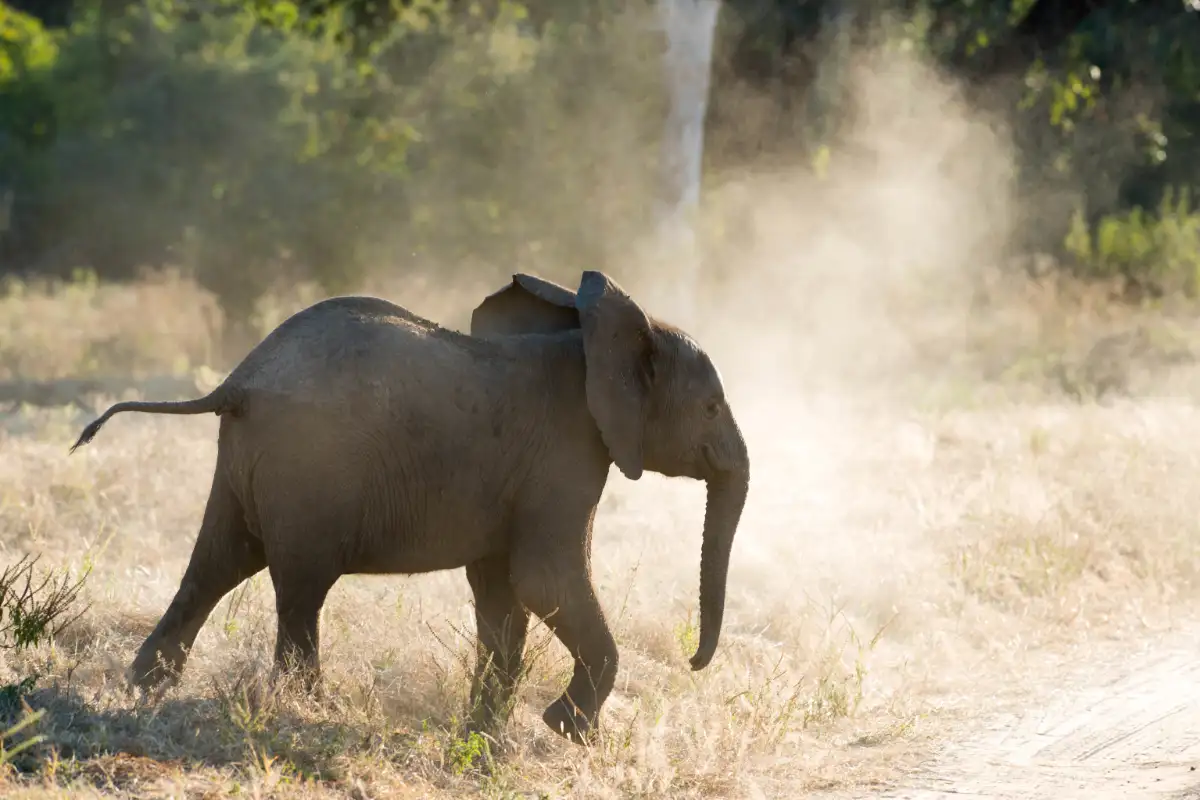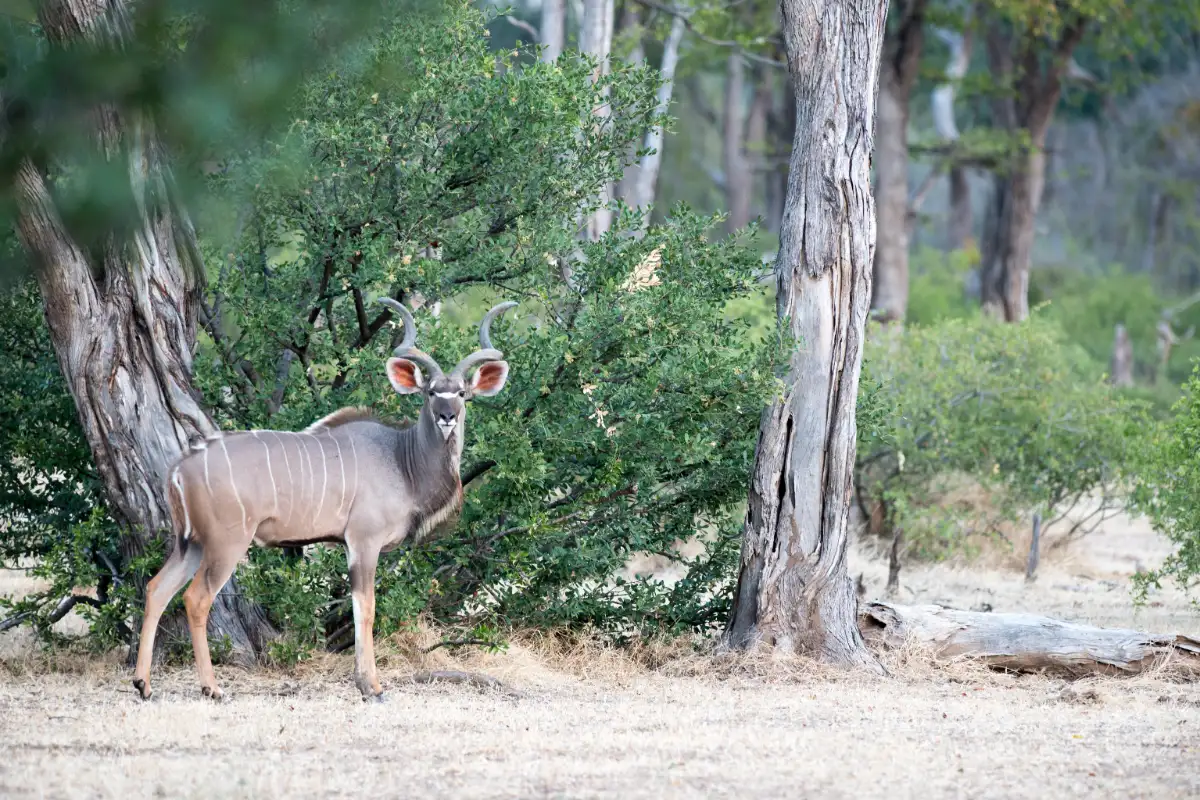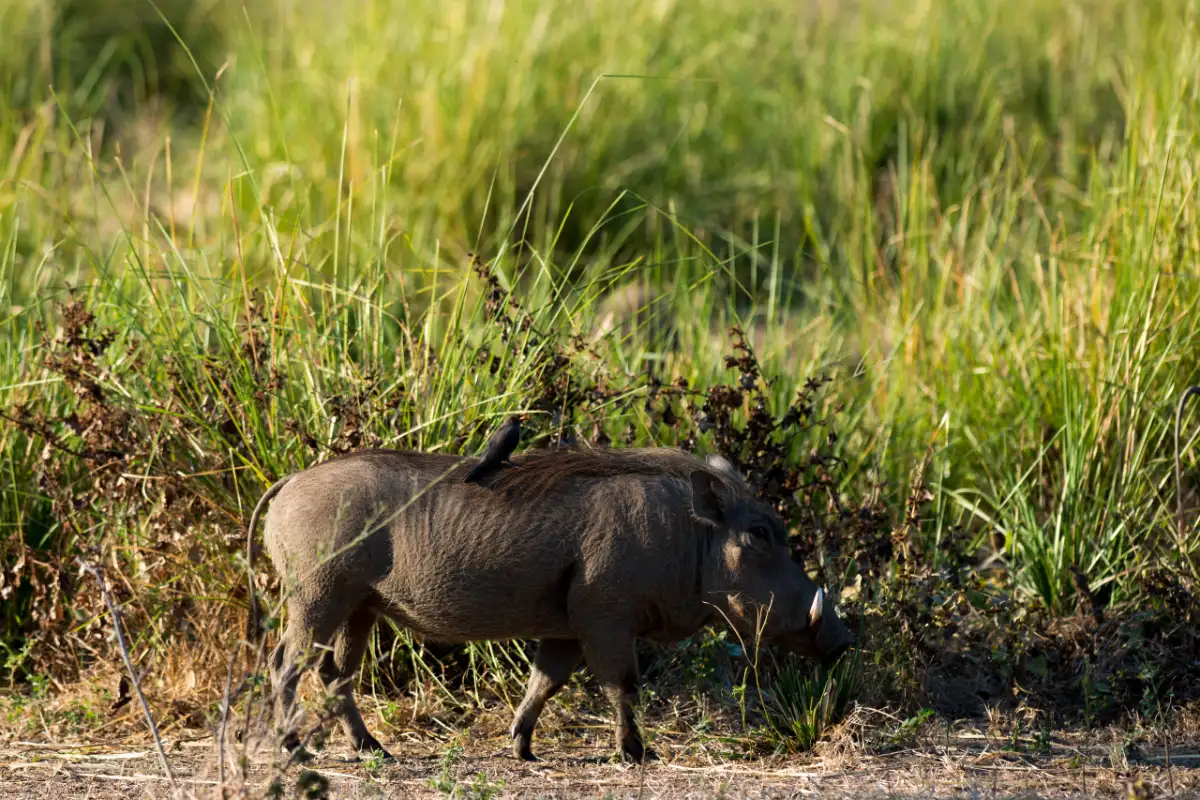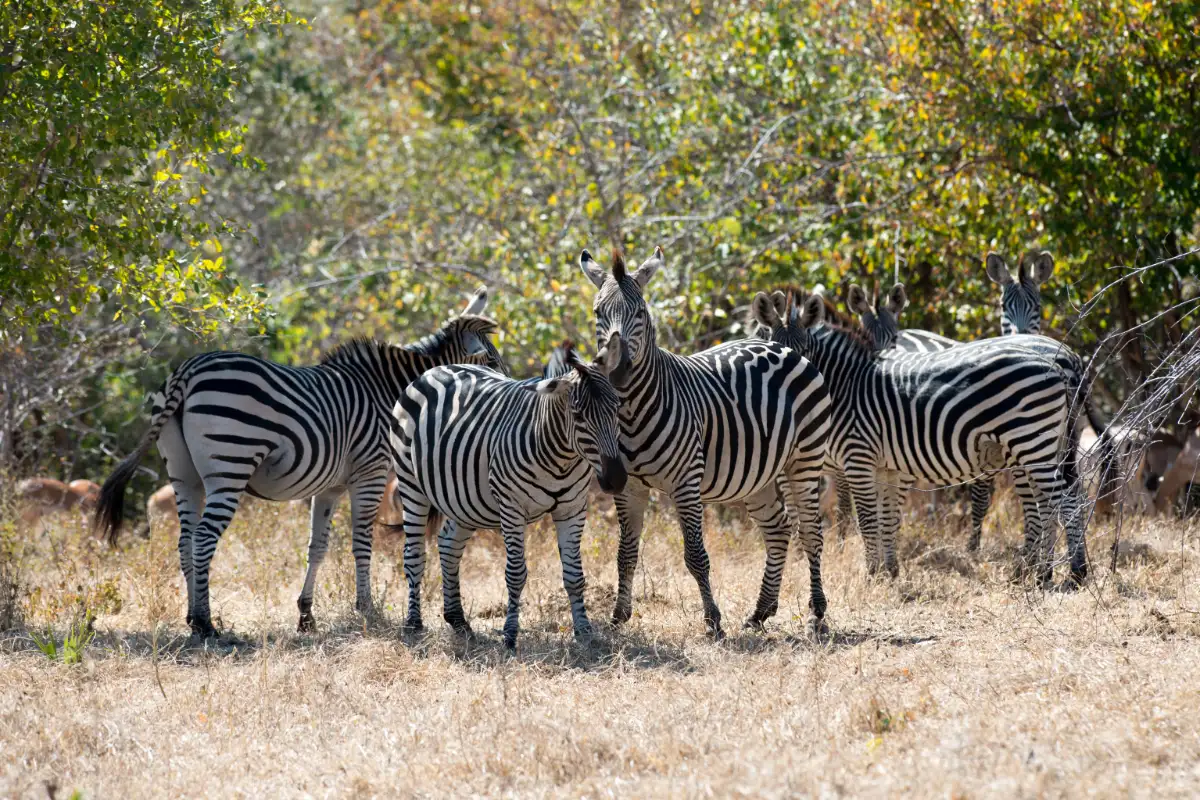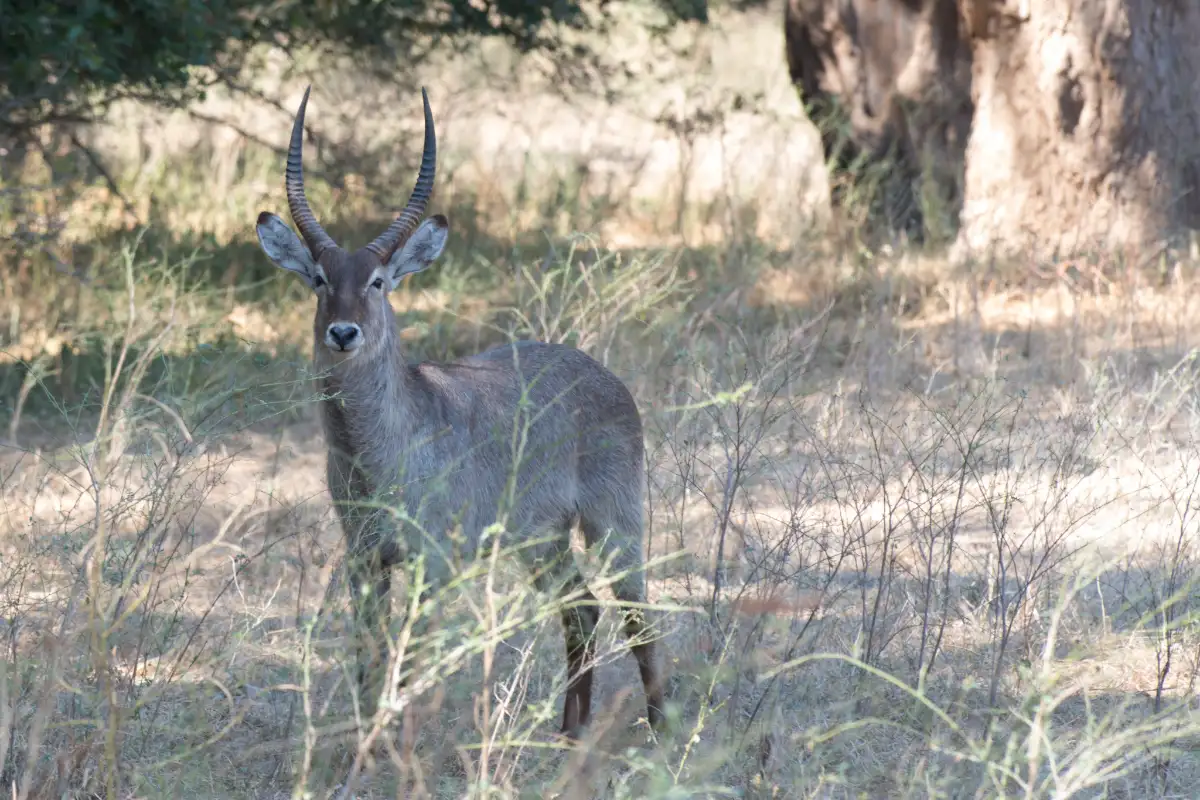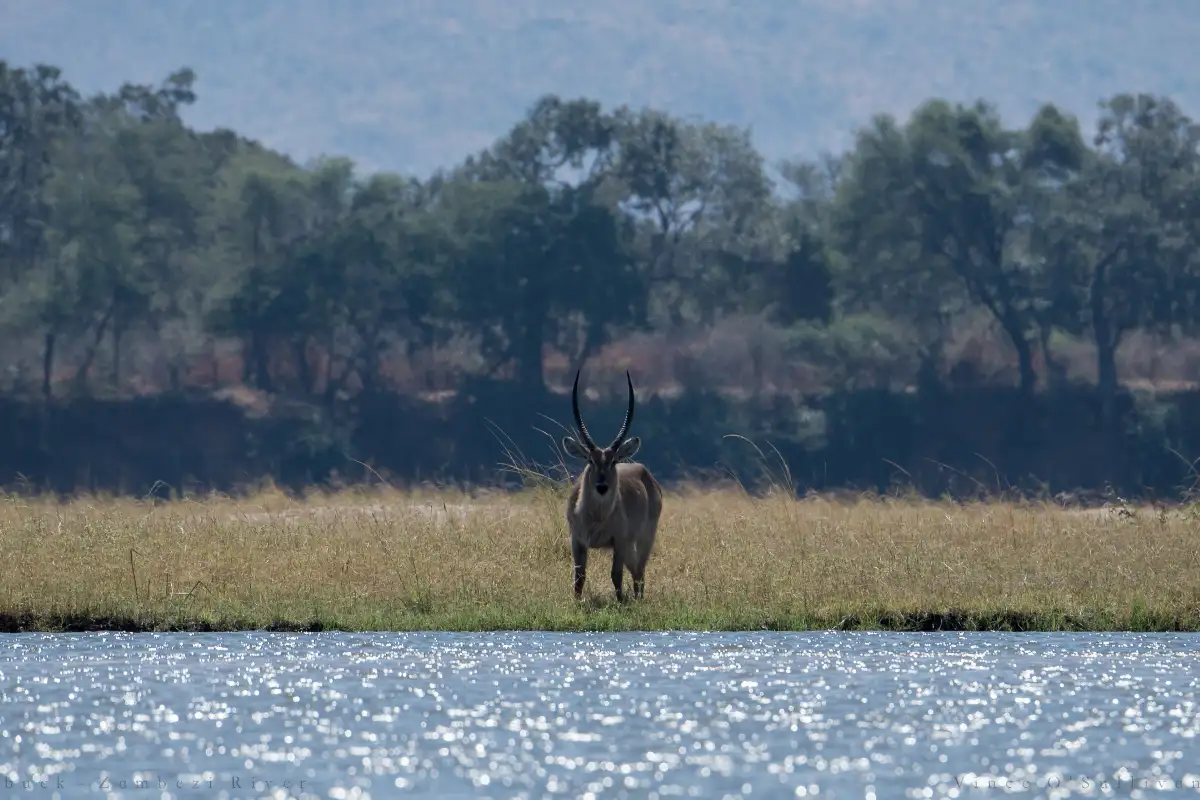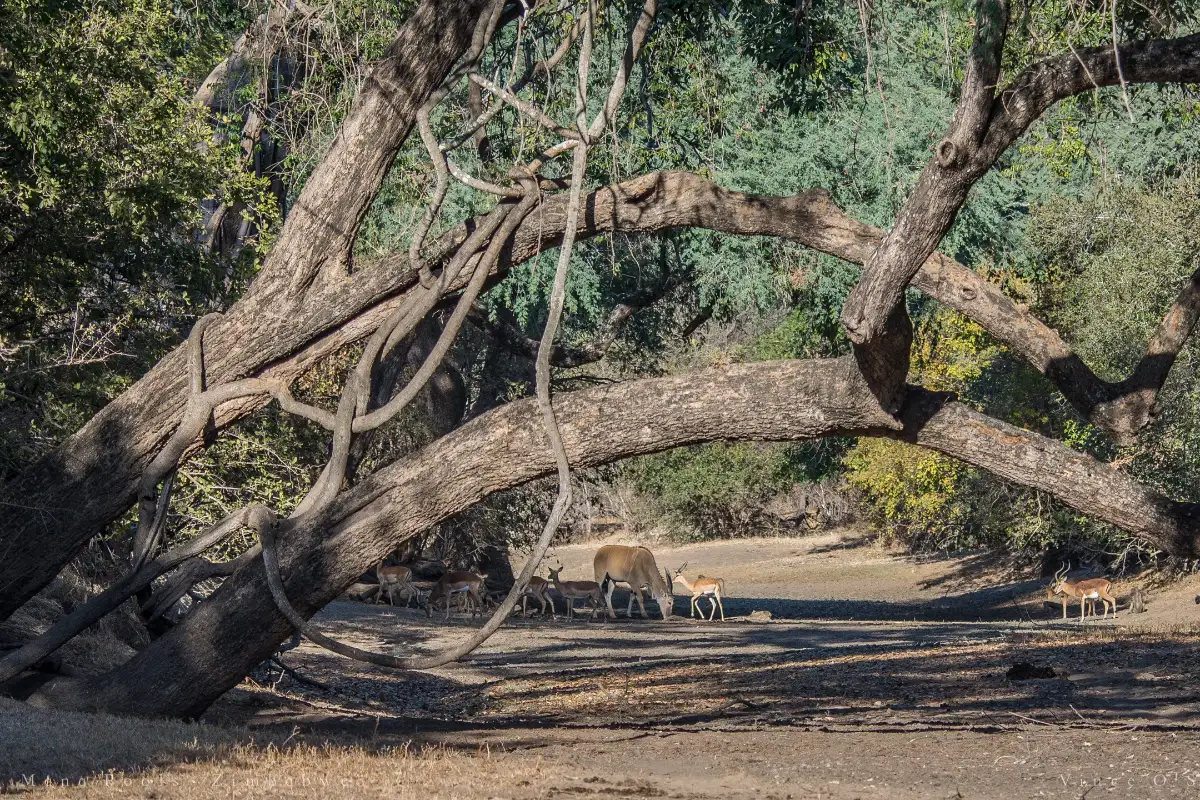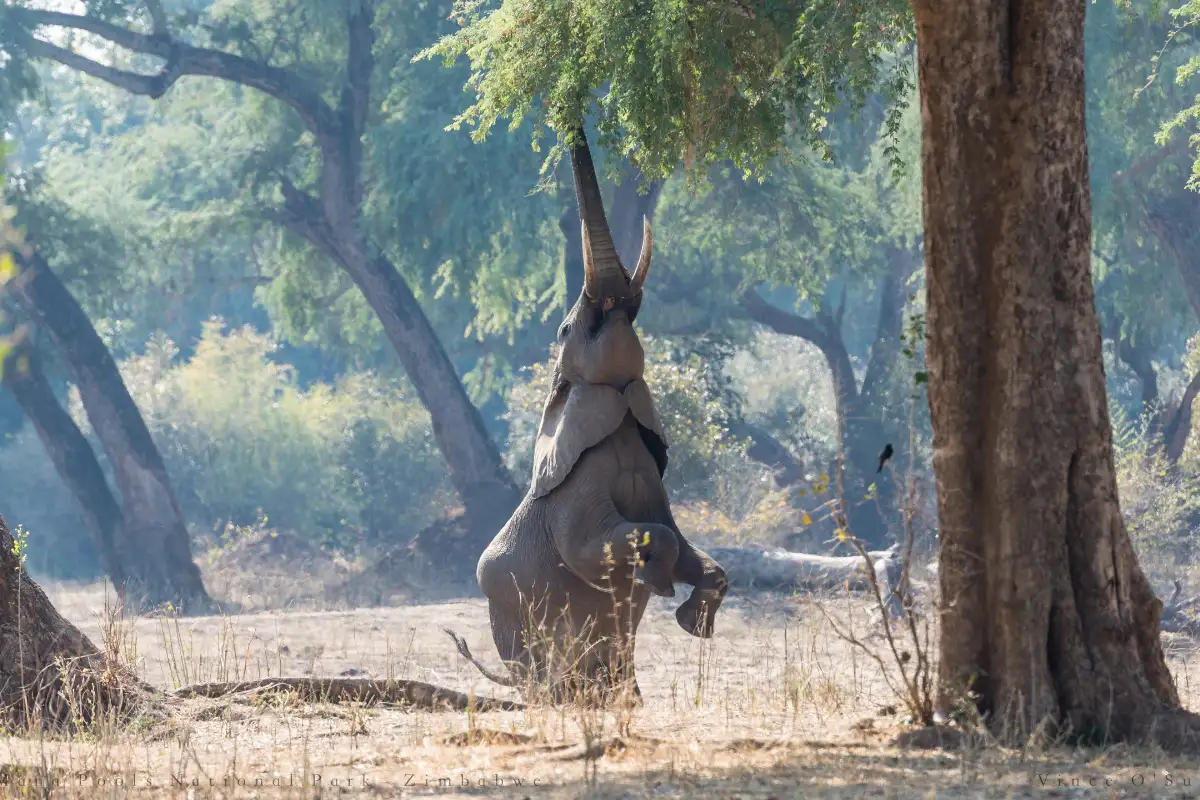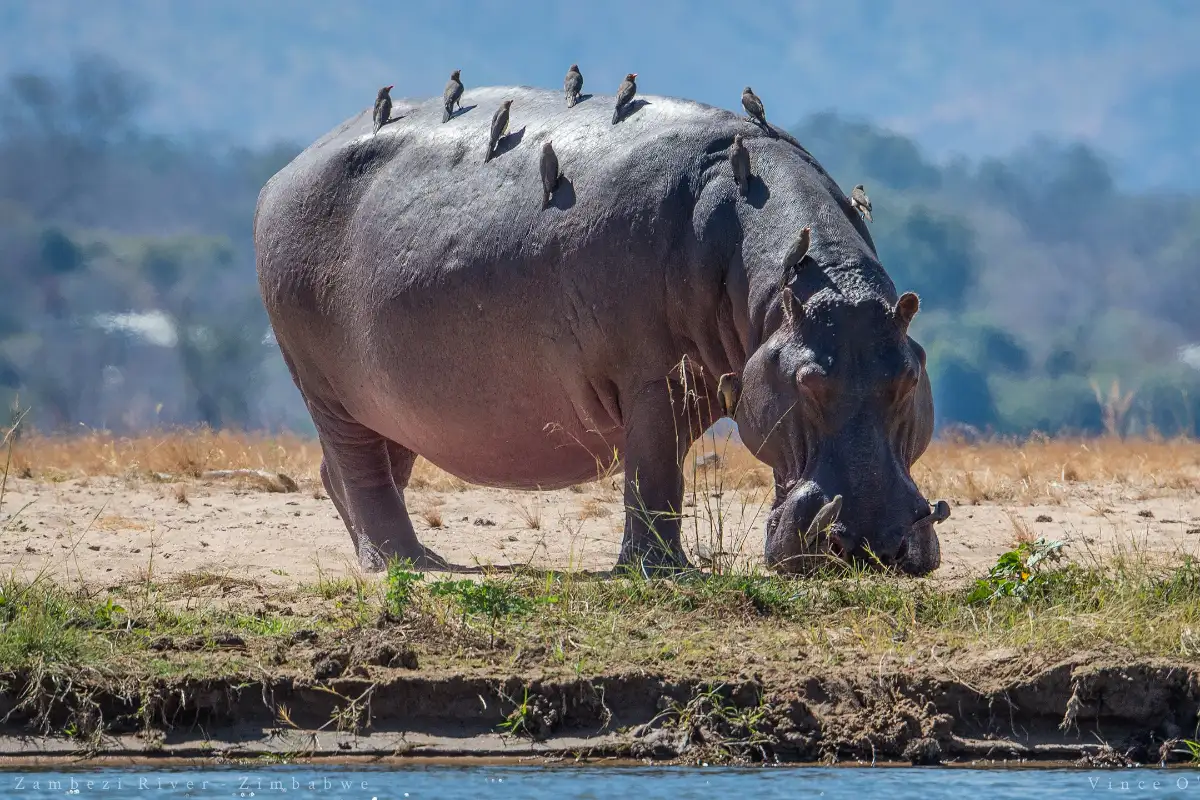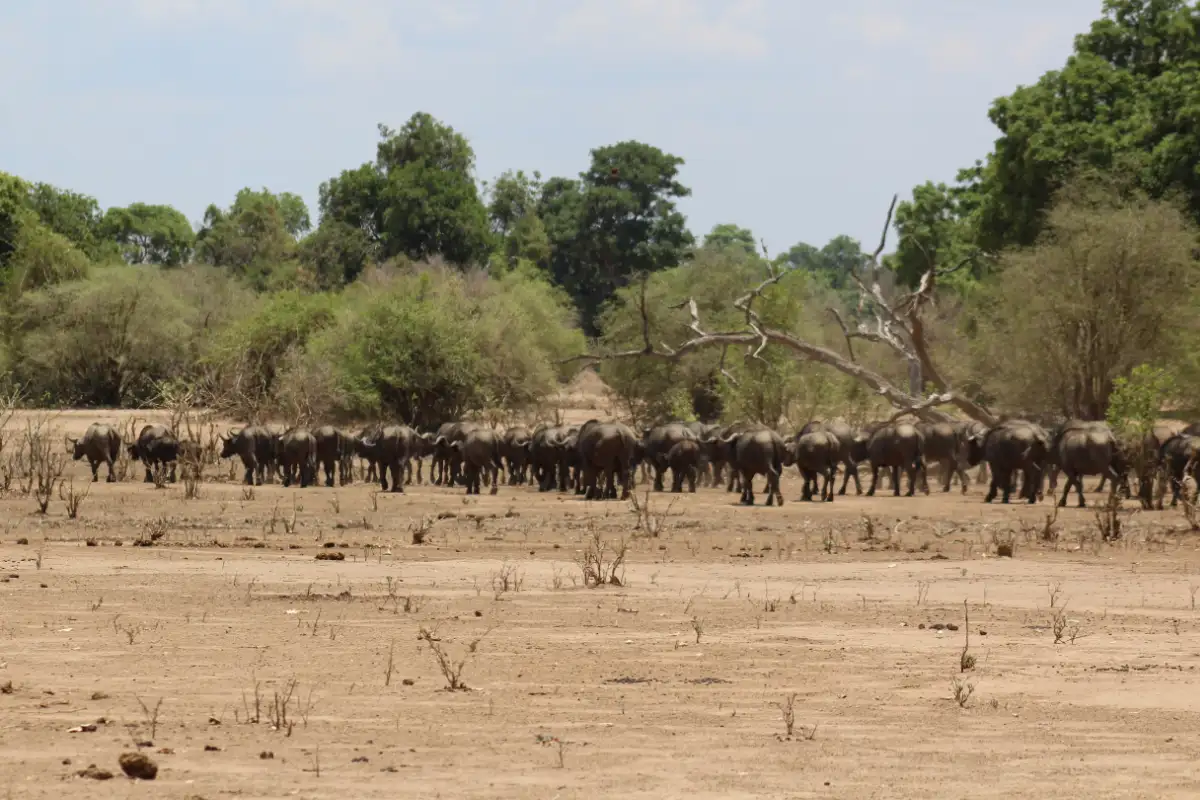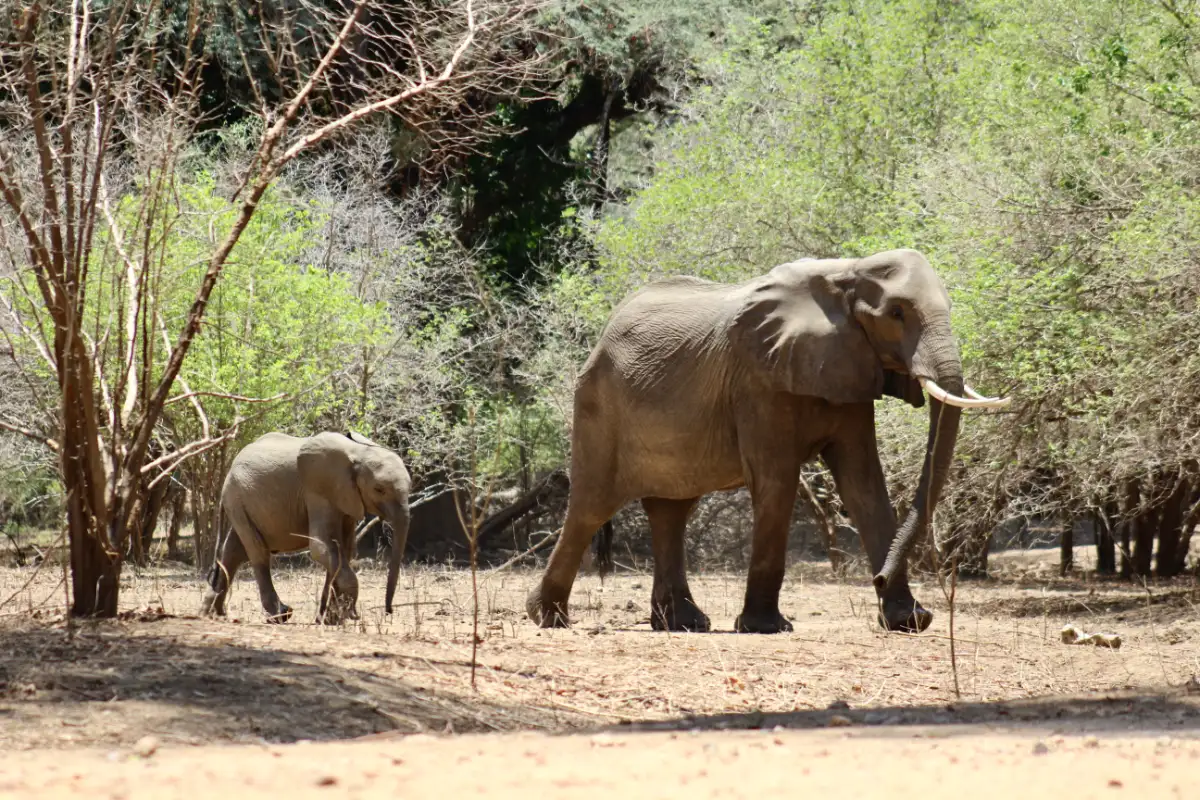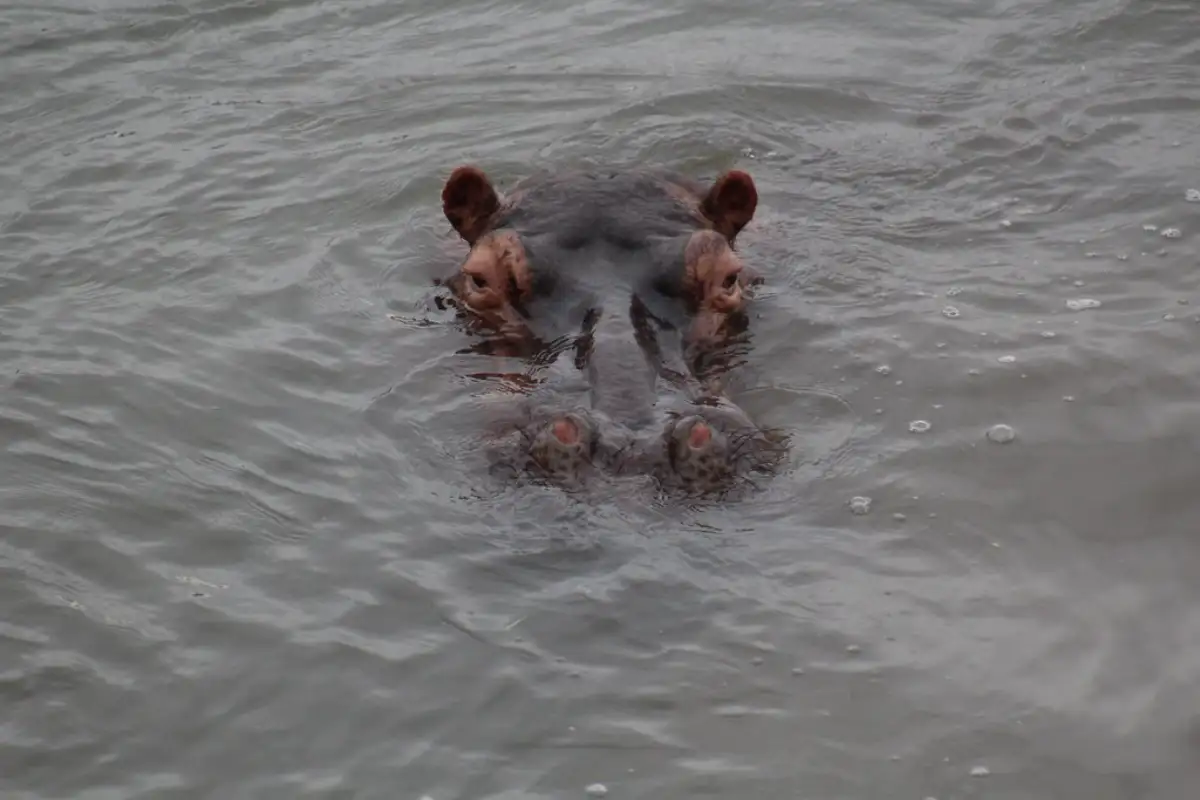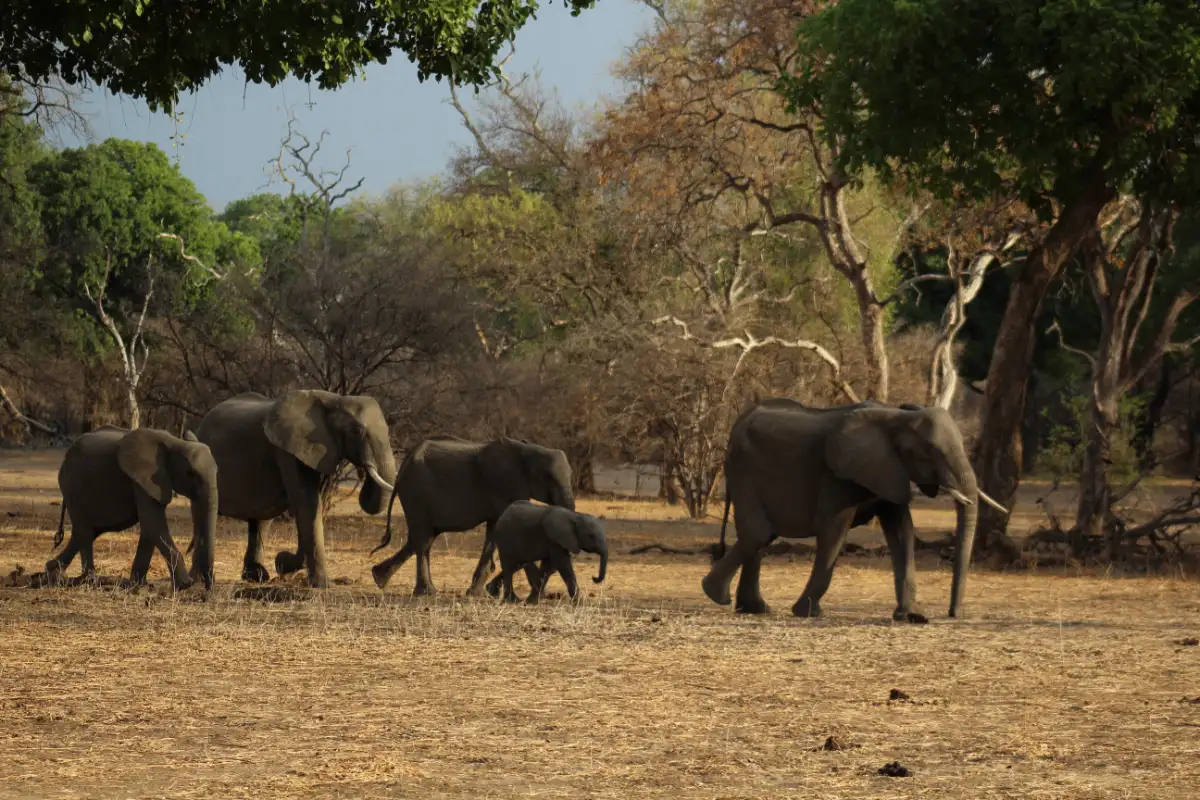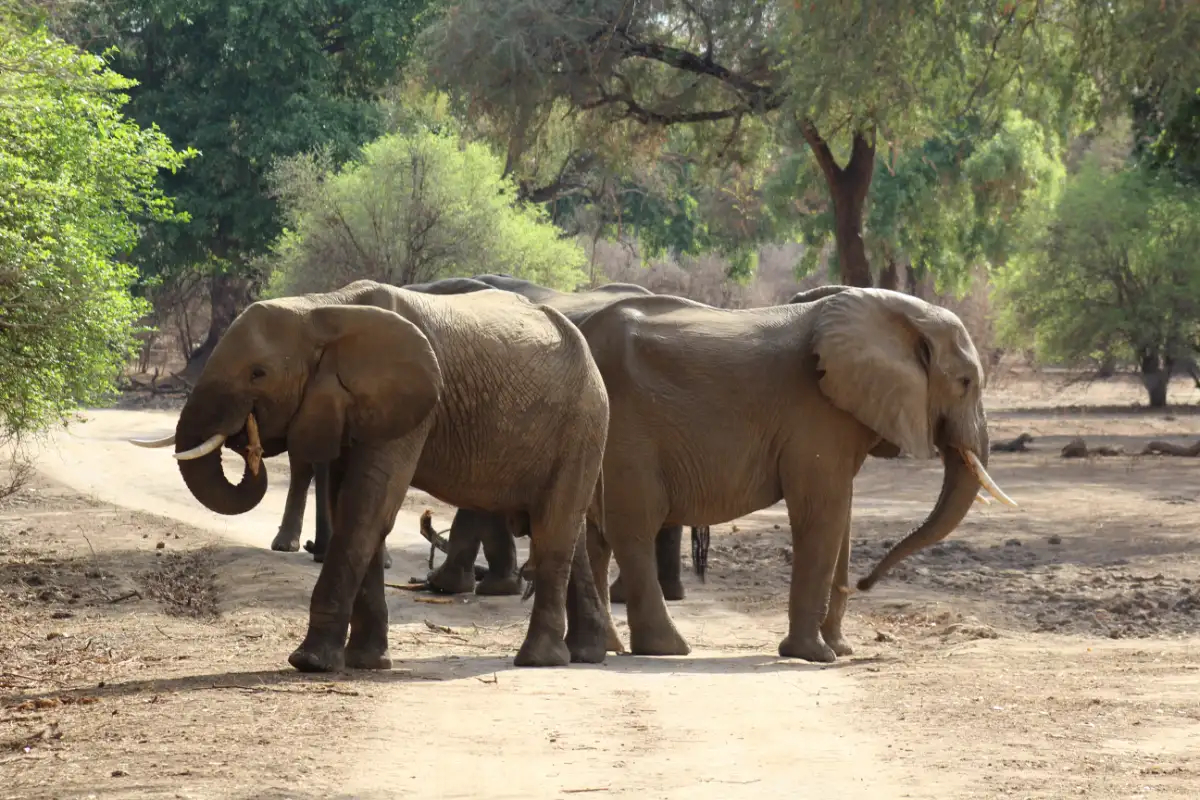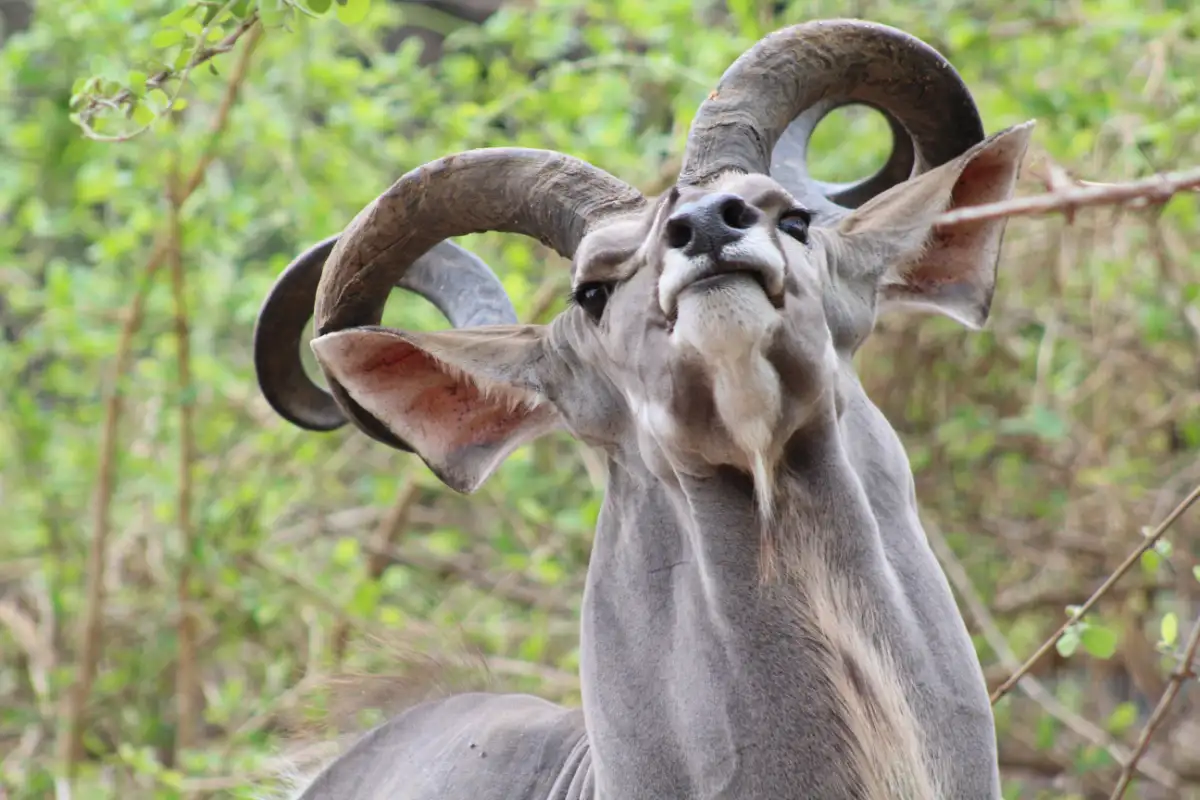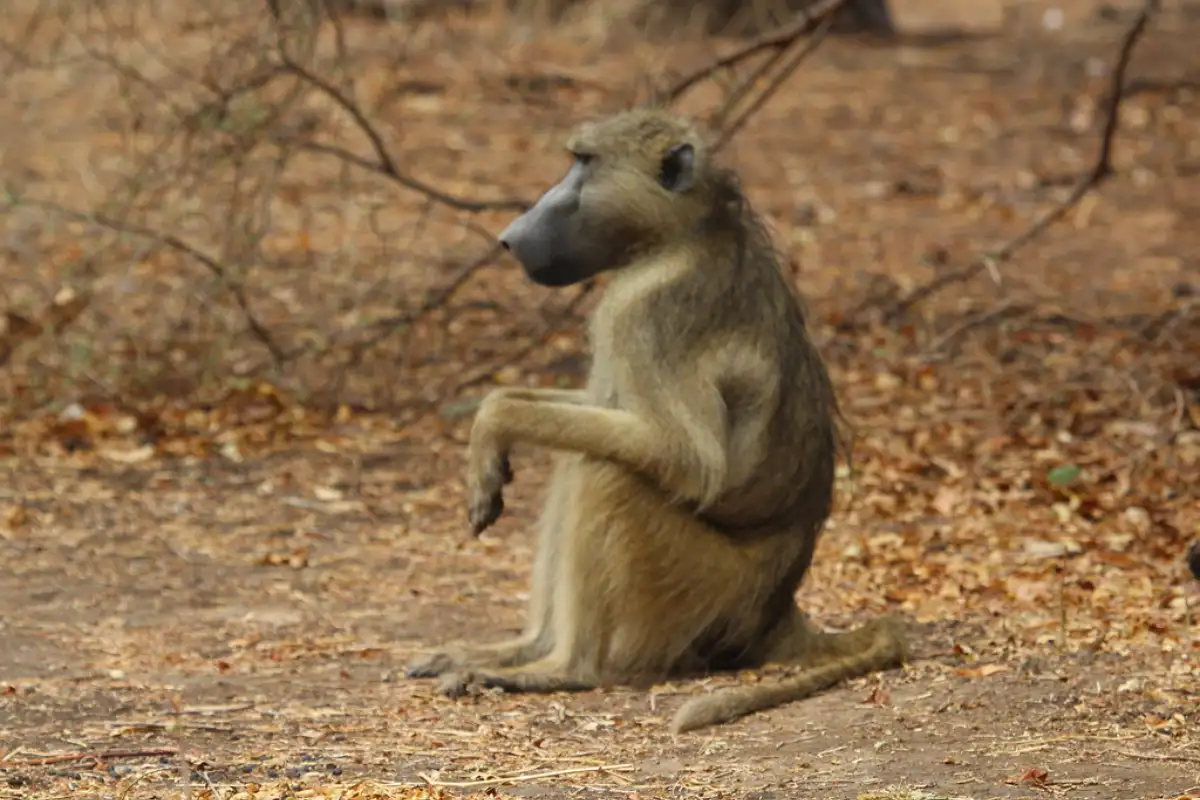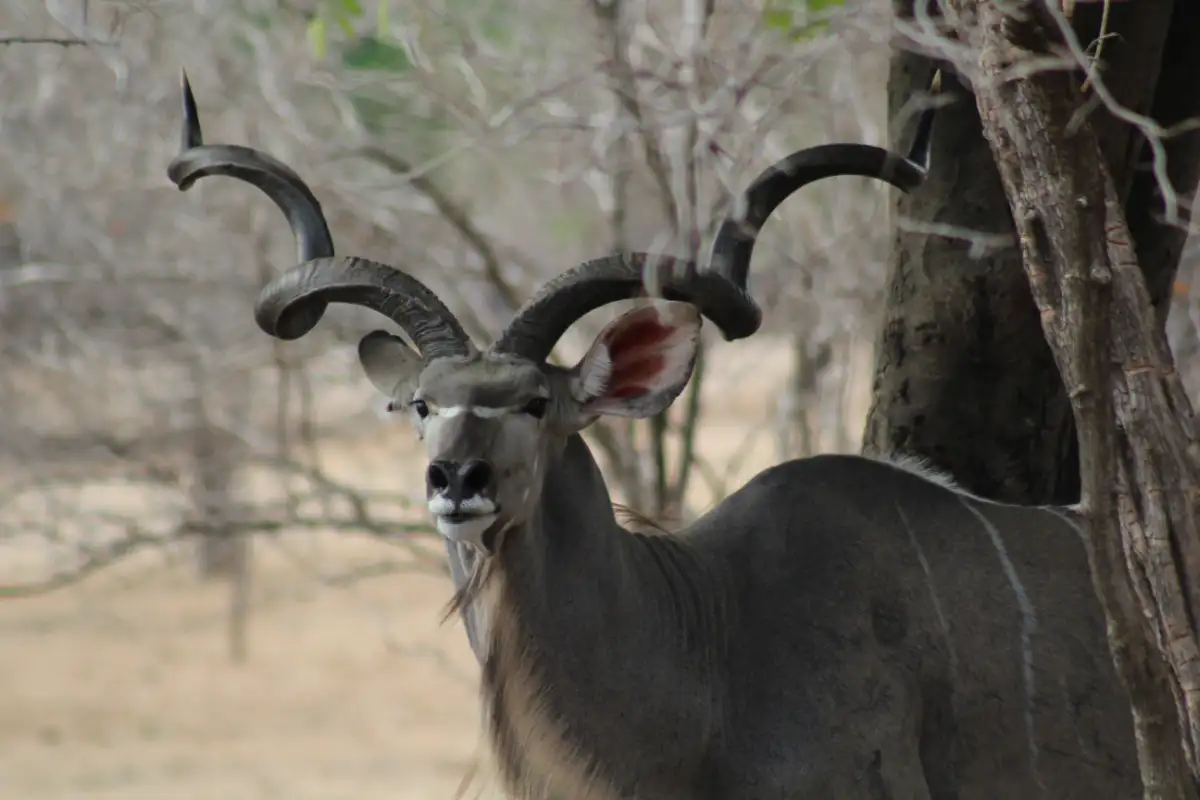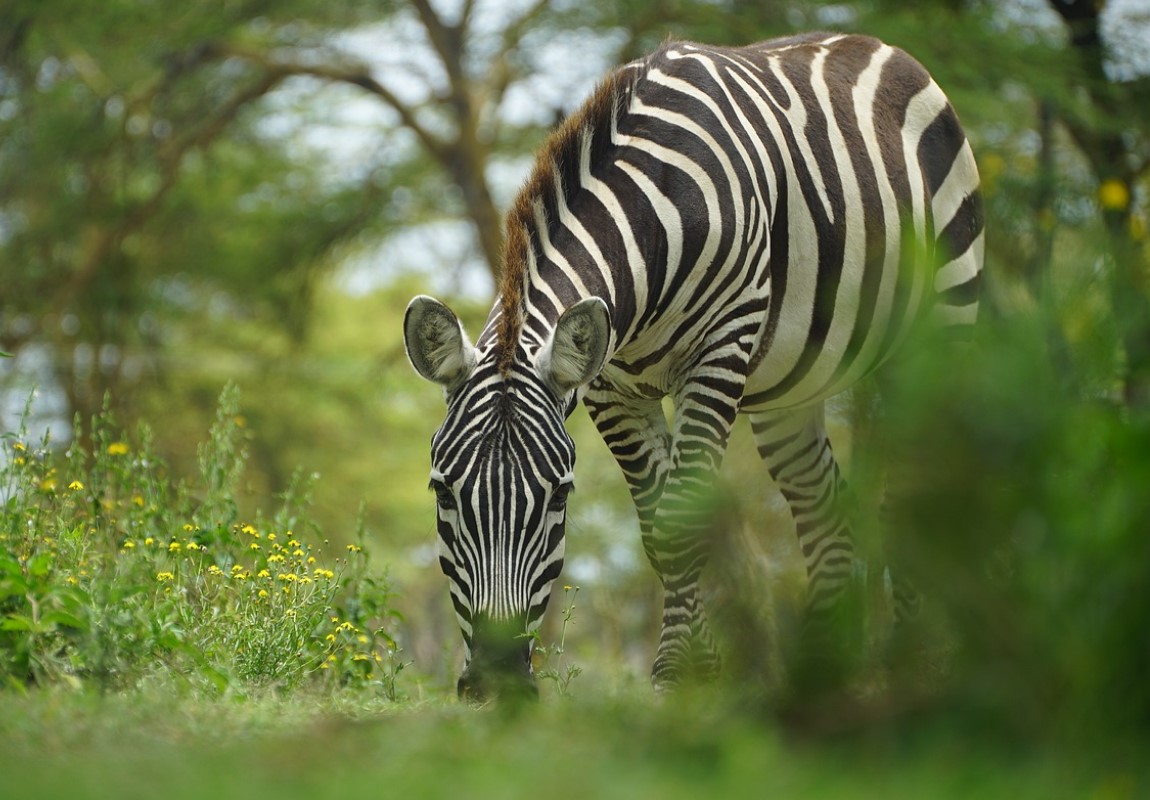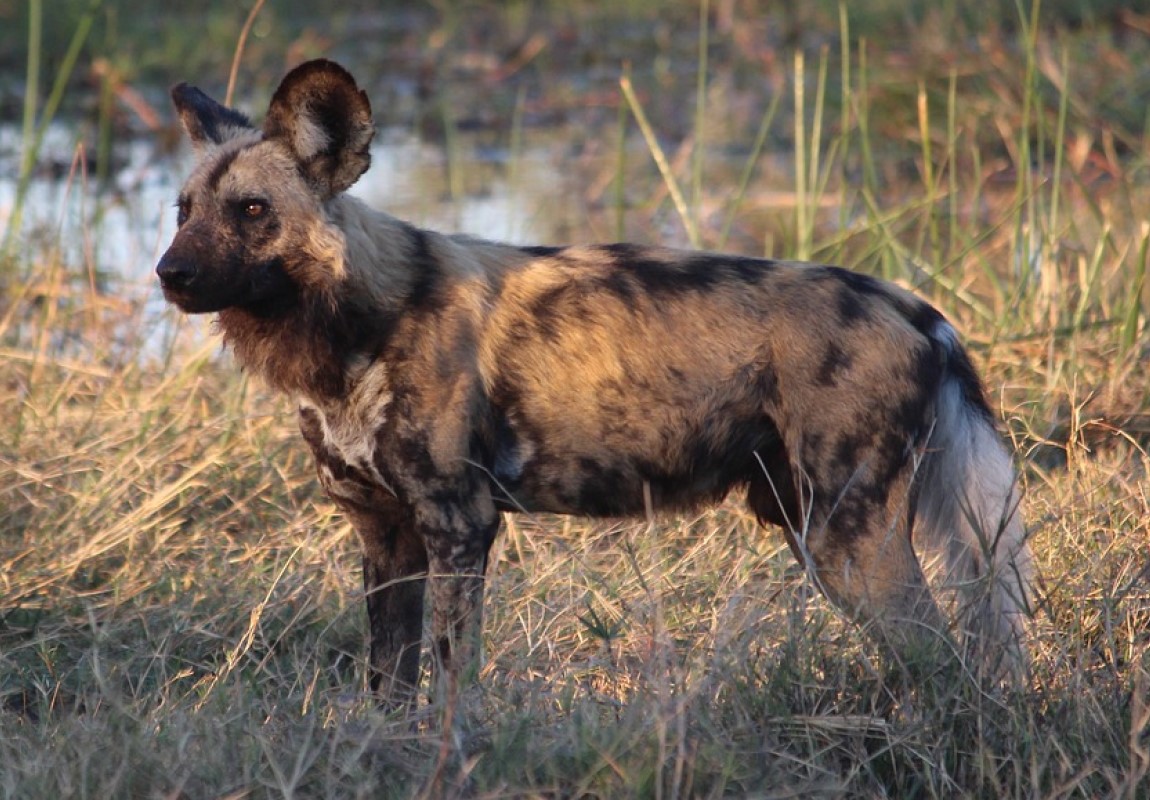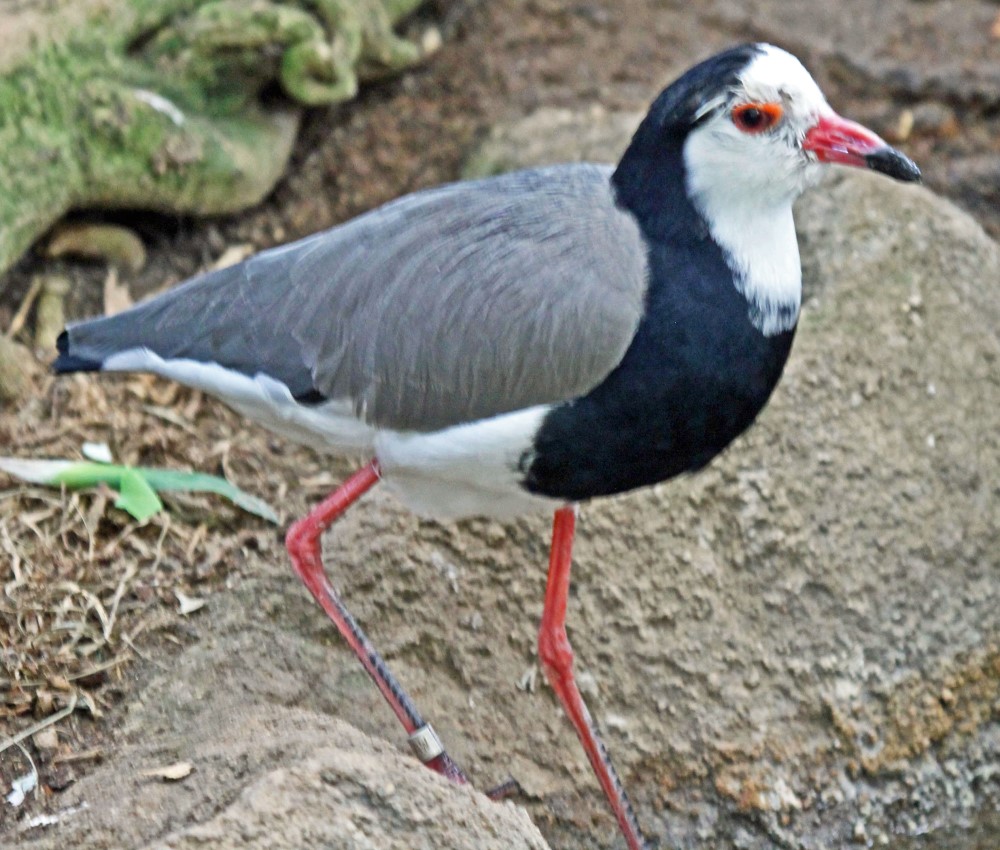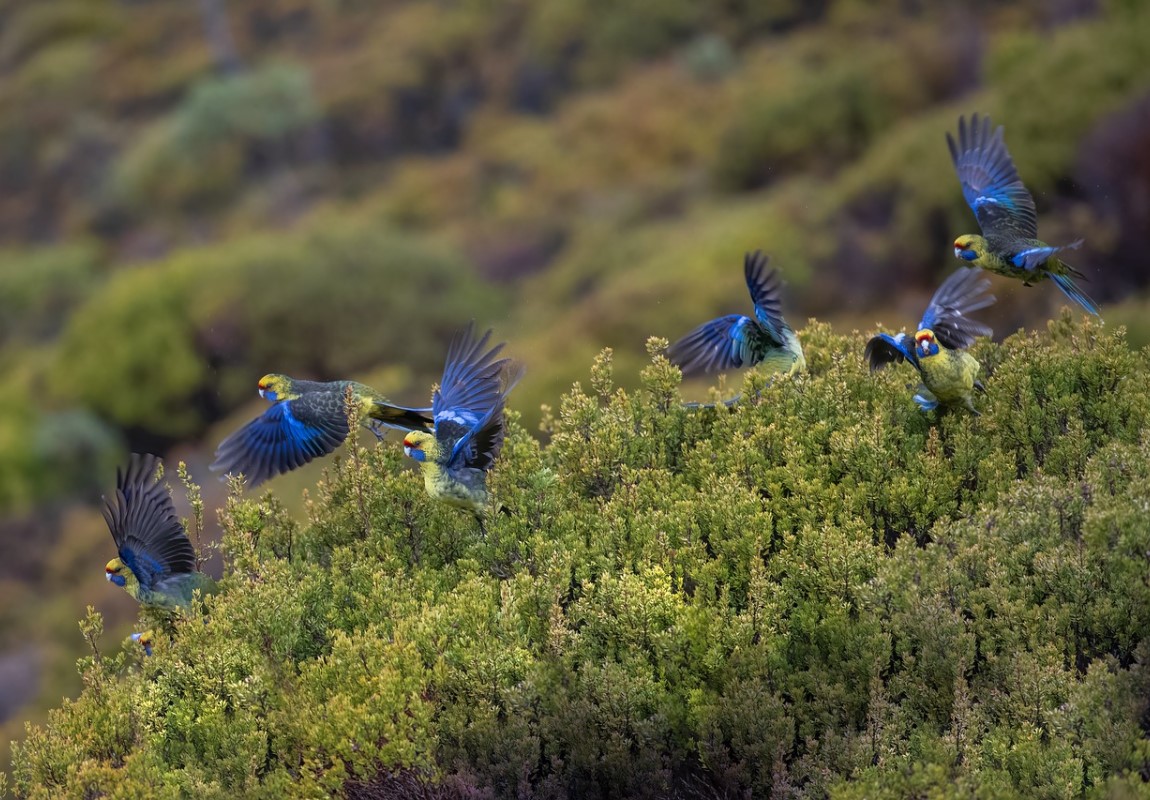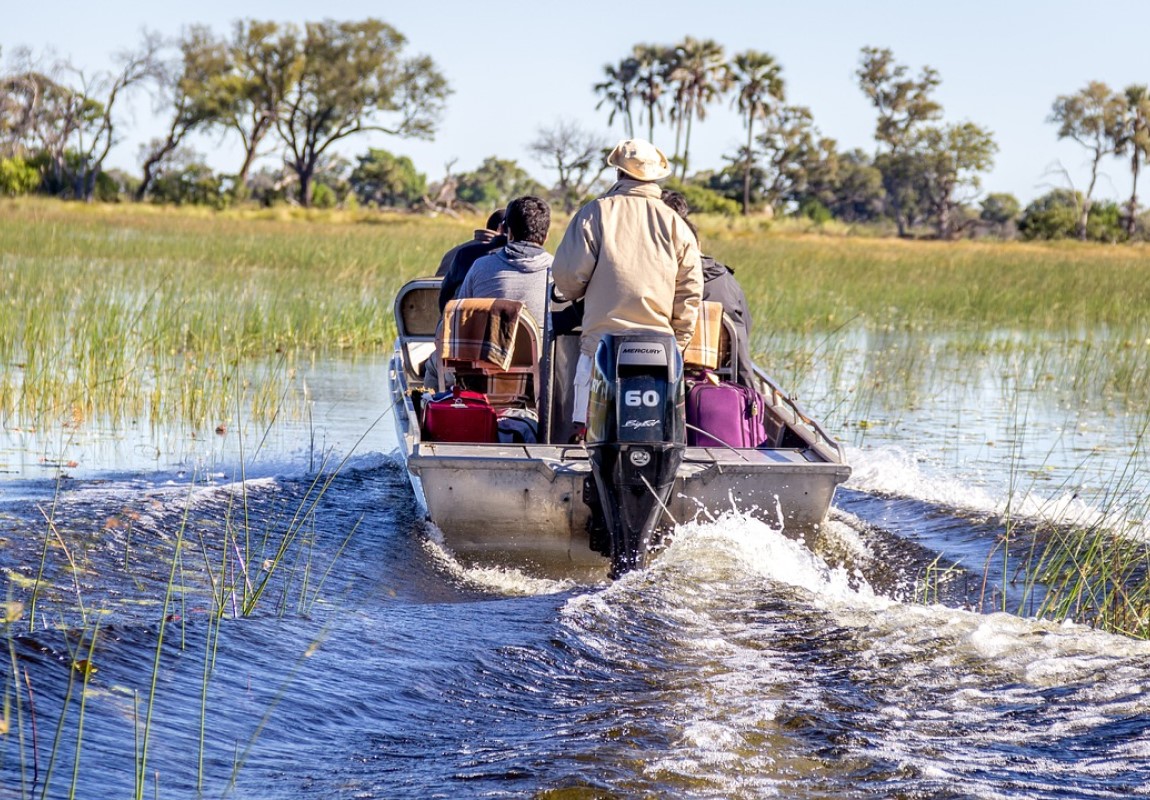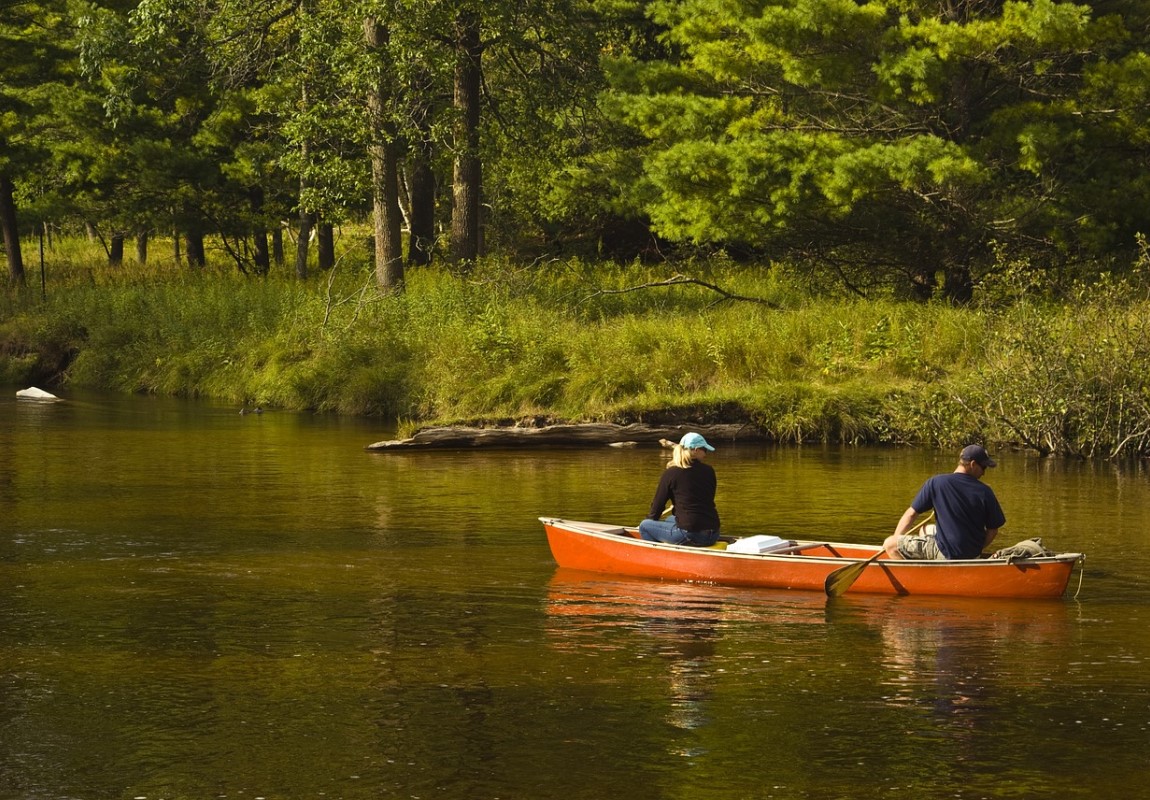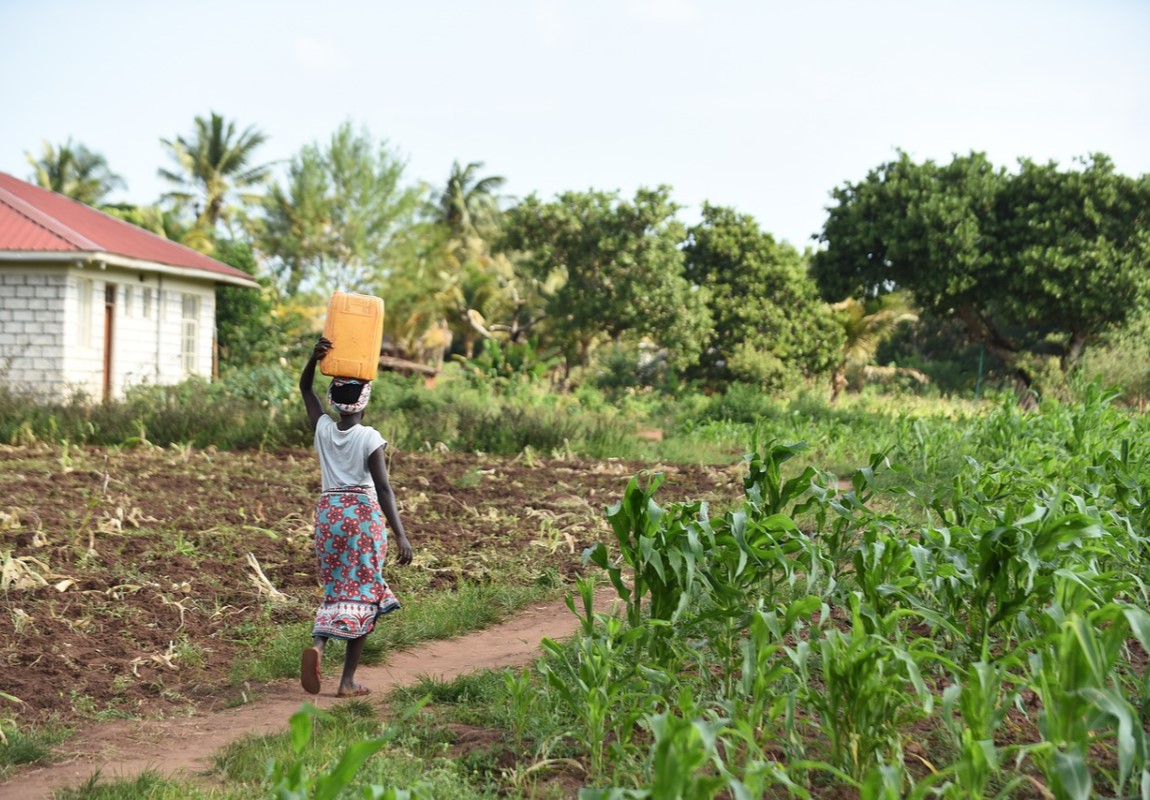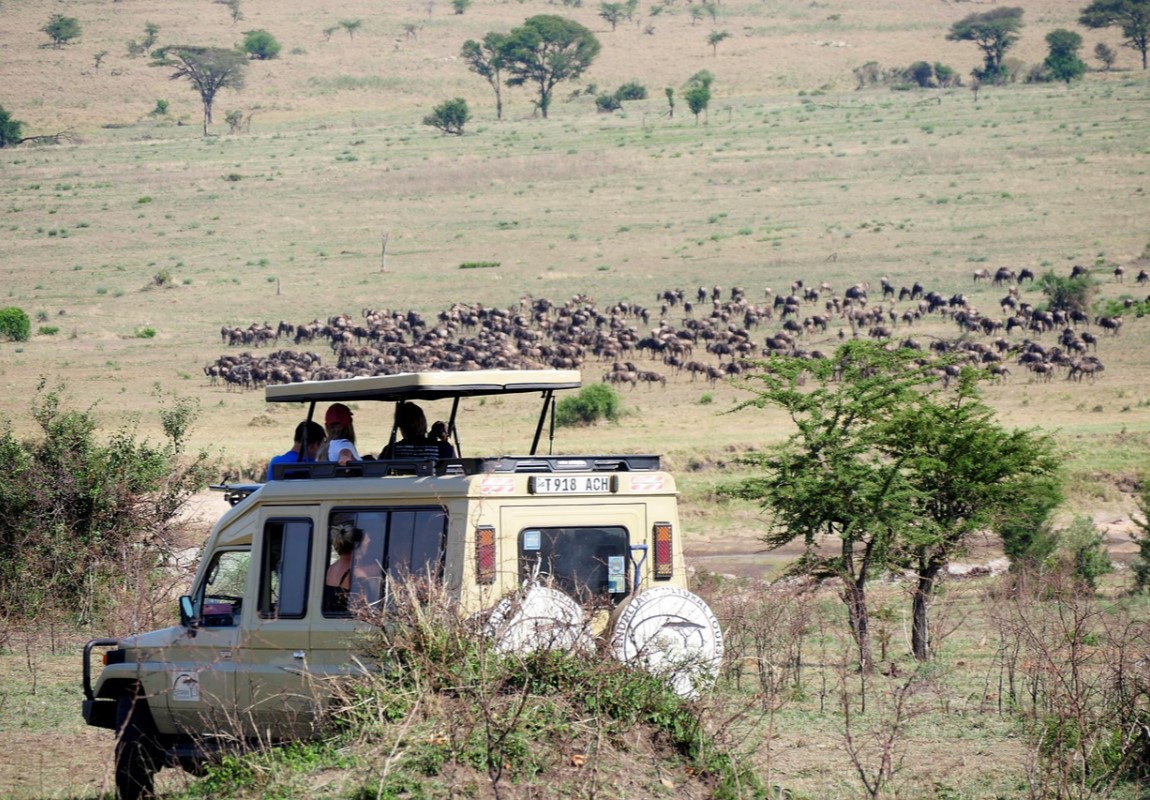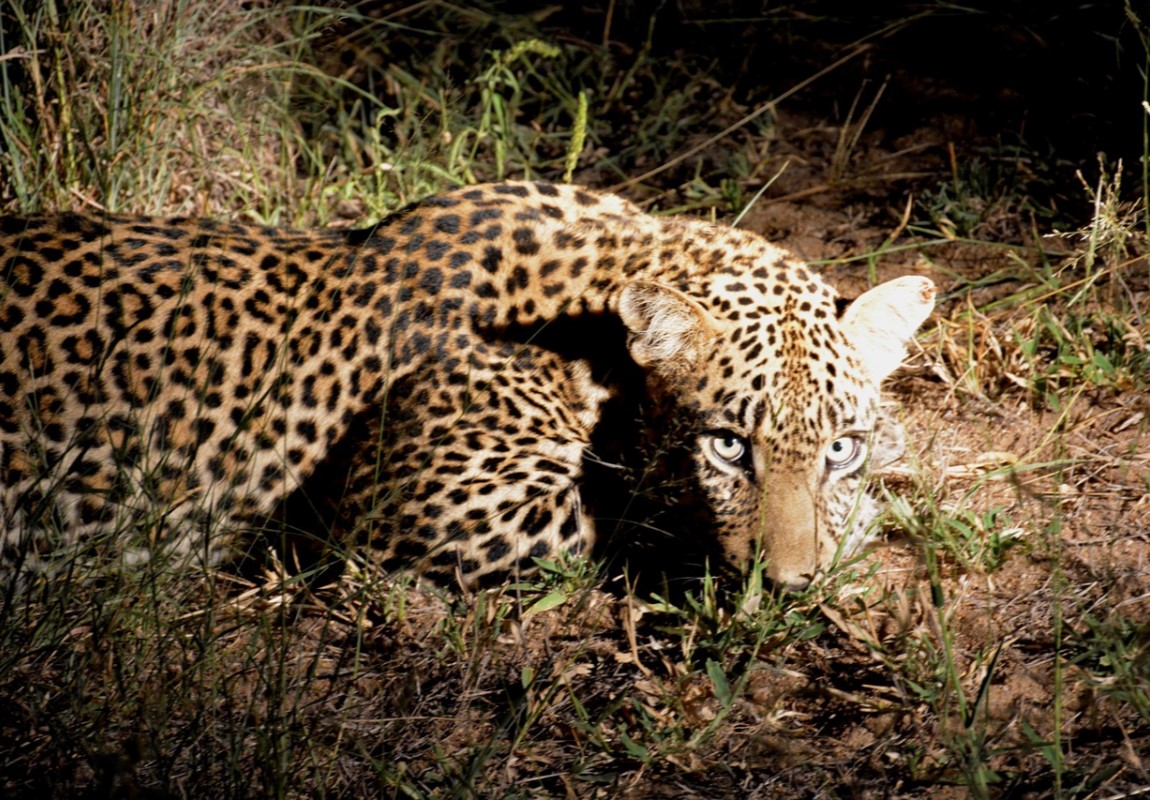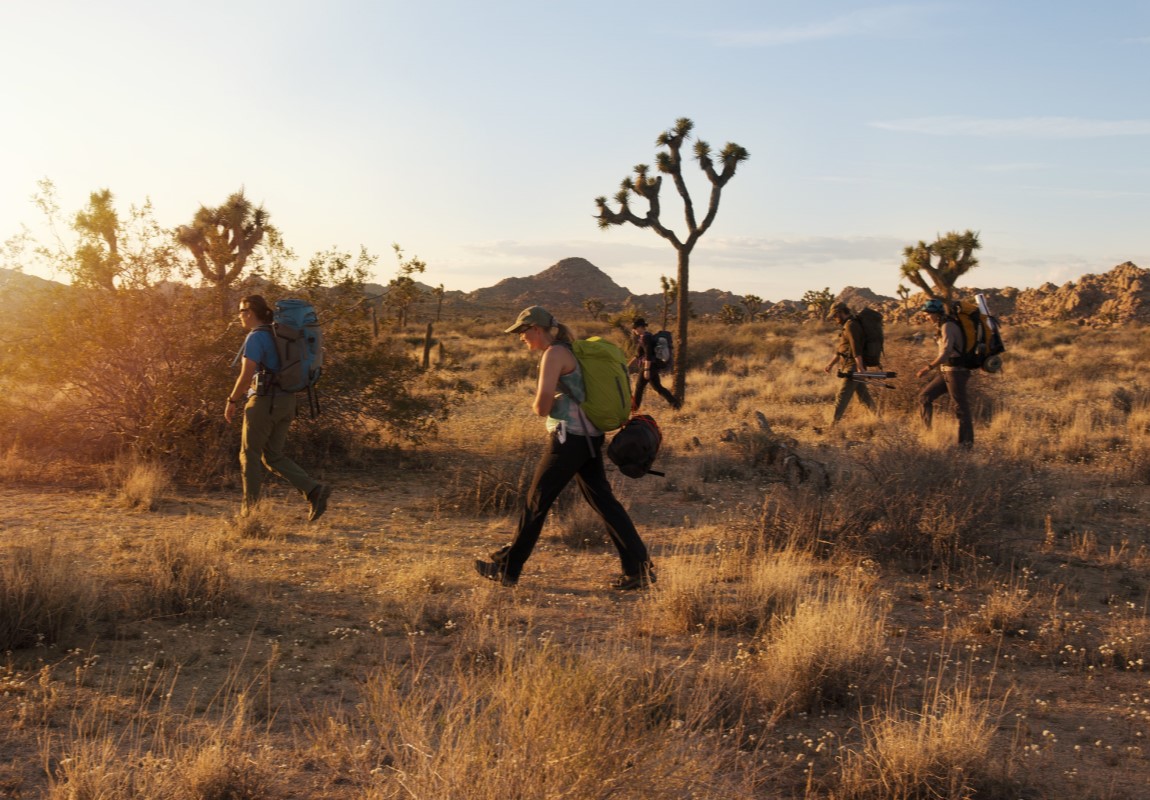Mana Pools National Park 
Mana Pools National Park - Zimbabwe Wildlife Destination
Starting from
$1200PP
Overview
Mana Pools National Park is a UNESCO World Heritage site and wildlife paradise. Mana Pools has been shaped over centuries by the rushing of the Zambezi River through the valley, leaving afterwards are a bunch of islands, shoals and channels, just as numerous little oxbow lakes, all lavish with vegetation and a magnet for wildlife. It's as yet perhaps the best spot in Southern Africa to do a canoe or walking safari. The pools, or waterways, are the place where hippos, crocodiles, zebra and other wildlife prosper.
Pros & Cons
- Amazing wildlife viewing with four of the Big 5 animals except for Rhino
- Game drives, night drives, Canoe Safari and walking safaris are available
- Amazing birding destination
- Excellent river fishing
- Some of the best guides in Africa work here
- Less accessible than other parks in Zimbabwe, 4WD is essential
- Very Limited road network
Map in Zimbabwe
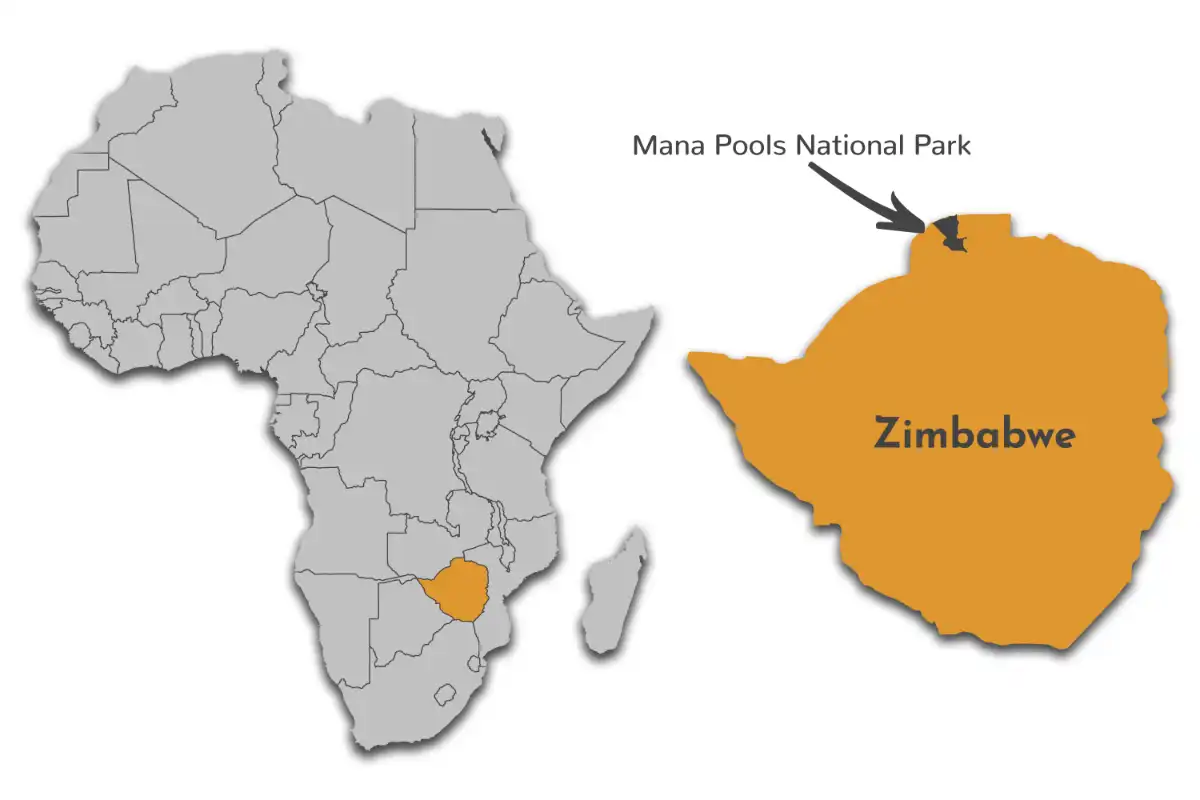
Want to Visit Mana Pools National Park?
Gallery Images
Explore the stunning beauty of Mana Pools National Park through our curated collection of photographs showcasing its landscapes, wildlife, and natural wonders.
Want to Visit Mana Pools National Park?
Wildlife & Animals
Mana pools have the country's biggest concentration of hippo and crocodile populations and enormous dry-season mammal populations of the zebra, elephant and Cape buffalo. The region is additionally home to other threatened species including the lion, cheetah, Cape wild dog, and near-threatened species including the leopard and the brown hyena. The park is generally known for its elephants; enormous bulls get everyone's attention when they raise themselves up on their rear legs to arrive at the highest point of the trees.
Wildlife Highlights
Four of the Big five can be spotted at Mana Pools, with the last remaining black rhinos moved to different areas for their safety. Mana pools have an exceptionally high density of wild dogs. There are at present six packs with 100 grown-up dogs in the park. Seeing these social animals interface while on a chase or while denning is a genuine delight. The fearless honey badger, generally incredibly clandestine, may some of the time be spotted around evening time around a portion of the camps where they have become acclimated to people.
Best Time for Wildlife Viewing
The best time to visit Mana Pools National Park for wildlife viewing is during the dry season from July to October when Animals gather around the pools on the floodplains of the Zambezi River. Also, the vegetation is thinner during these months, which makes spotting much easier. The park becomes totally inaccessible in the Wet season from November to April.
Want to Visit Mana Pools National Park?
Birds
Mana Pools National Park offers a wide variety of feathered beauties with over 350 species recorded so far. The Zambezi River and the floodplain is the main attraction. Here there are some specials. Rufous-bellied Heron and Long-toed Lapwing like the areas of fringing weed along the river banks and White-fronted Plover and African Skimmer favour the open sandbars for breeding; White-crowned Lapwings and Water Thick-knees are common along the edges of the banks and along the waterline and their calls are non-stop.
Best Time for Birding
Mana Pools offers a great birding experience throughout the year. However, the best time to visit is during the wet season from November to April. It is also the time when migratory birds are available and a lot of birds can be seen in breeding plumage. The Dry season is best for wildlife viewing and occurs from June to October.
Want to Visit Mana Pools National Park?
Best Time to Visit – Mana Pools National Park
The best time to visit Mana Pools National Park for wildlife viewing is during the dry season from July to October when Animals gather around the pools on the floodplains of the Zambezi River. Also, the vegetation is thinner during these months, which makes spotting much easier. The park becomes totally inaccessible in the Wet season from November to April.
April to October (Dry Season)
- Easier to spot wildlife as animals come to drink at the Zambezi River
- It is sunny, and there is little rain
- Fewer mosquitoes and less chance of catching malaria
- The sky is hazy with a lot of dust in the air
- Warm clothes are recommended for the early morning & night chill weather
November to April (Wet Season)
- Birding is best as migratory birds are present
- Plenty of baby animals that attract predators
- The scenery is beautiful and at its most lush
- Extreme Hot and Humid climate
- Roads become impassable and difficult to drive after heavy rainfalls
- From January to March, some camps and lodges will be closed
- The Dry season is better for wildlife viewing
Want to Visit Mana Pools National Park?
Activities
Explore popular activities available in and around Mana Pools National Park.
Want to Visit Mana Pools National Park?
No FAQs available for this park yet.

 English
English French
French